Movies I Watched July 2024

964 Pinocchio - dir. Shozin Fukui
Experimental/Sci-Fi
Culture in a state of arthritis. Fukui dares the viewer to remain apathetic to the vulgarity and shock of his cinematic provocation. The film perversely rejects all semblance of tradition/order/structure, and thus inspires the viewer to either accept it on its terms or turn away in disgust. If you do accept it, if you manage to sit through some of its most hideous displays of filth, you are rewarded with nothing. There is no payoff, nothing remotely close to the abreaction of all the stinking buildup.
Numerous times while watching this, I thought… what’s the point? Why should I care?
The thing is, I can’t HELP but care. I can’t help but take something like this seriously. There is something genuinely so rebellious about this, so unhinged and radical that I can’t stop myself from rooting for it. You don’t get a lot of cinema like this, especially not in the US. Nothing that REALLY spits in the eye of the establishment so boldly and unforgivably. To witness 964 Pinocchio is to witness an answer to center-liberal apathy. 8/10.
-
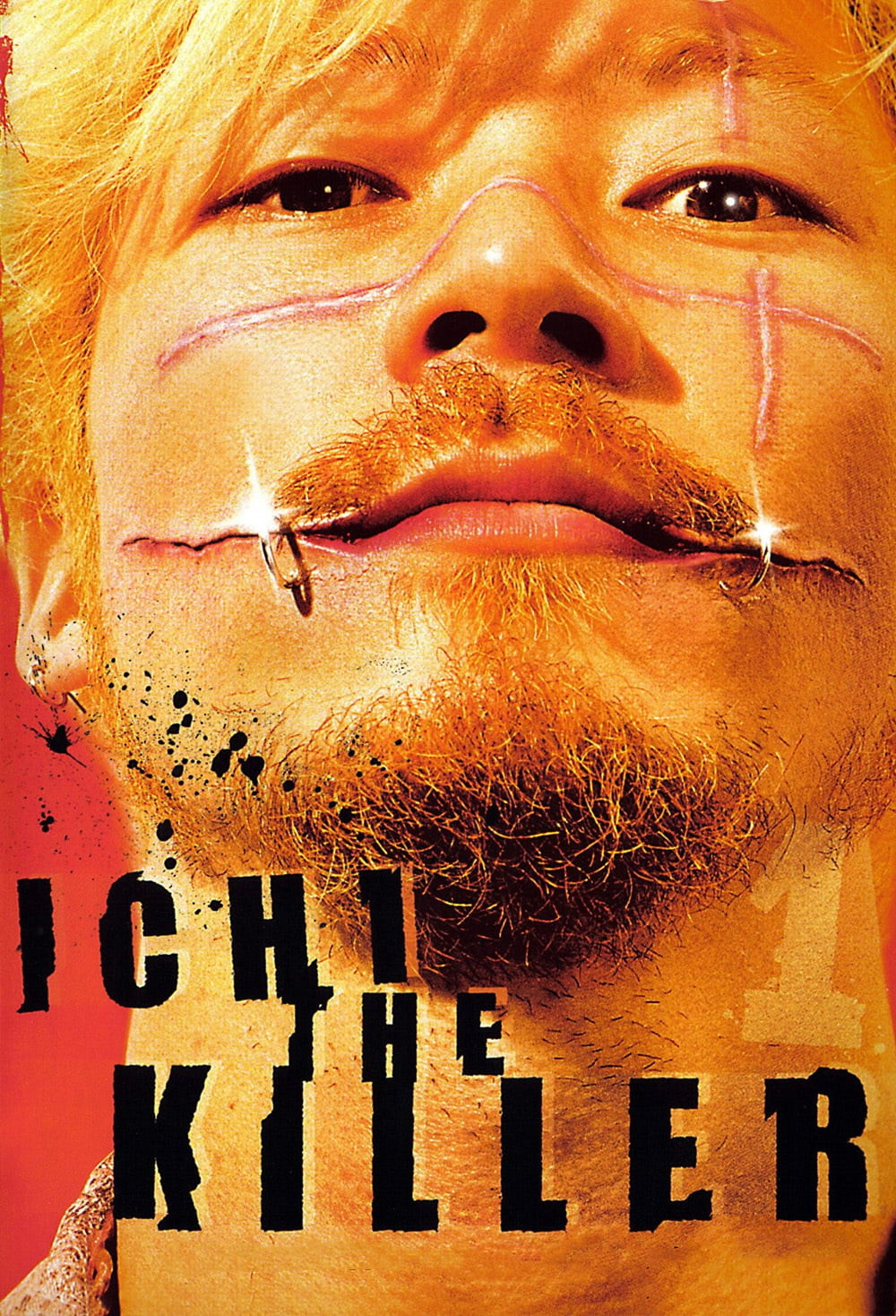
Ichi the Killer - dir. Takashi Miike
Extreme/Yakuza
It’s
It’s
It’s
Drippy!
Not one of Miike’s strongest, but it still fucks. I can see the manga origins through the character design and the thoroughly Japanese sense of humor, though that’s pretty much just classic Miike. Hyperviolence to make you squirm and giggle. 7/10.
-
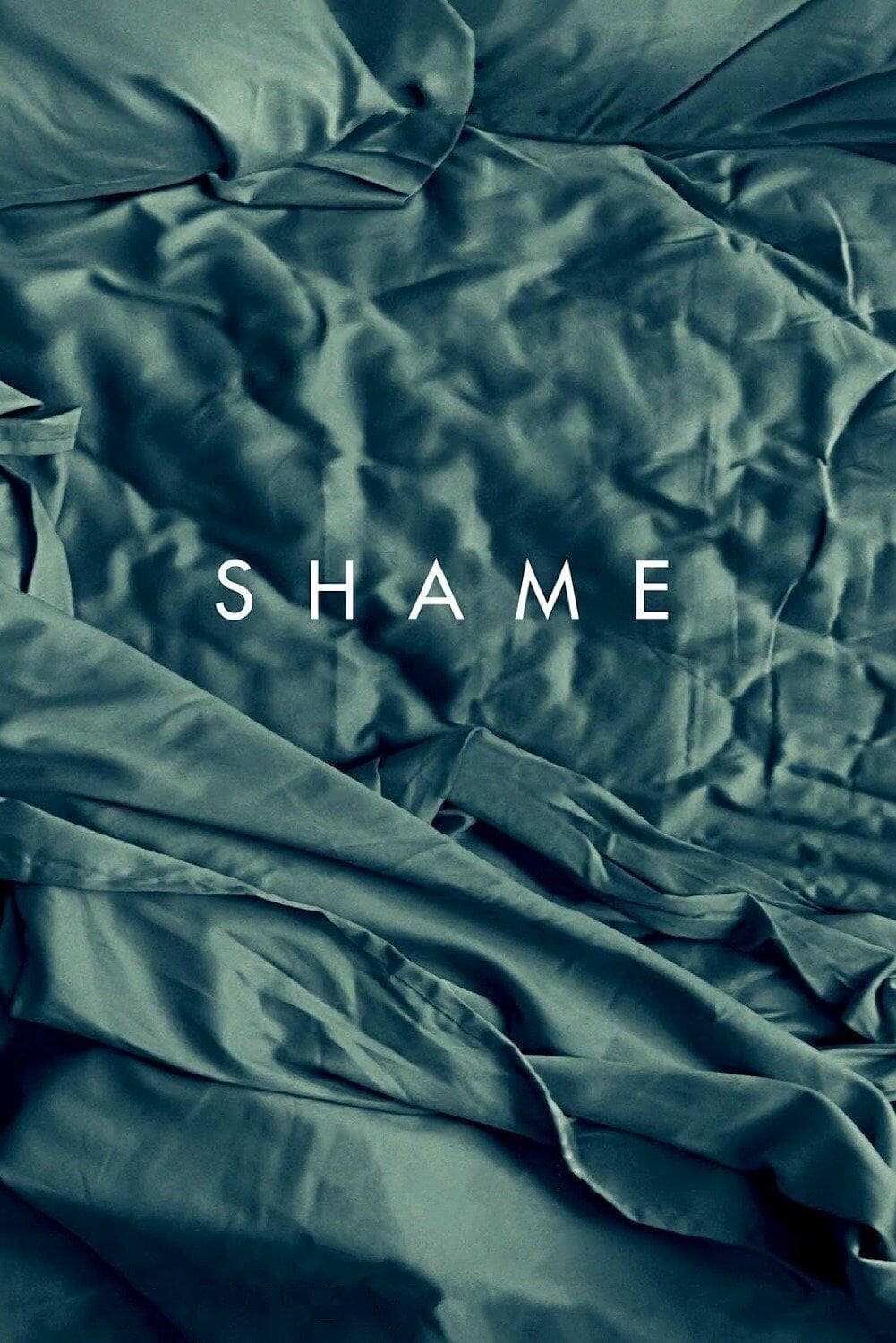
Shame - dir. Steve McQueen
Drama
Fun fact; I once suspected that I was a sex addict. I turned out to be wrong in my self-assessment, but regardless I was poised to, at the very least, relate to this film in some, way, shape or form.
Michael Fassbender is obviously great. You don’t need me to tell you that. That said, a great performance doesn’t make me overlook the more overbearing aspects of the film, like the hilariously melodramatic score. I also find it pretty funny how sexless this film is for being about sex addiction. It all feels too polished, too pristine, too speckless. 6/10.
-
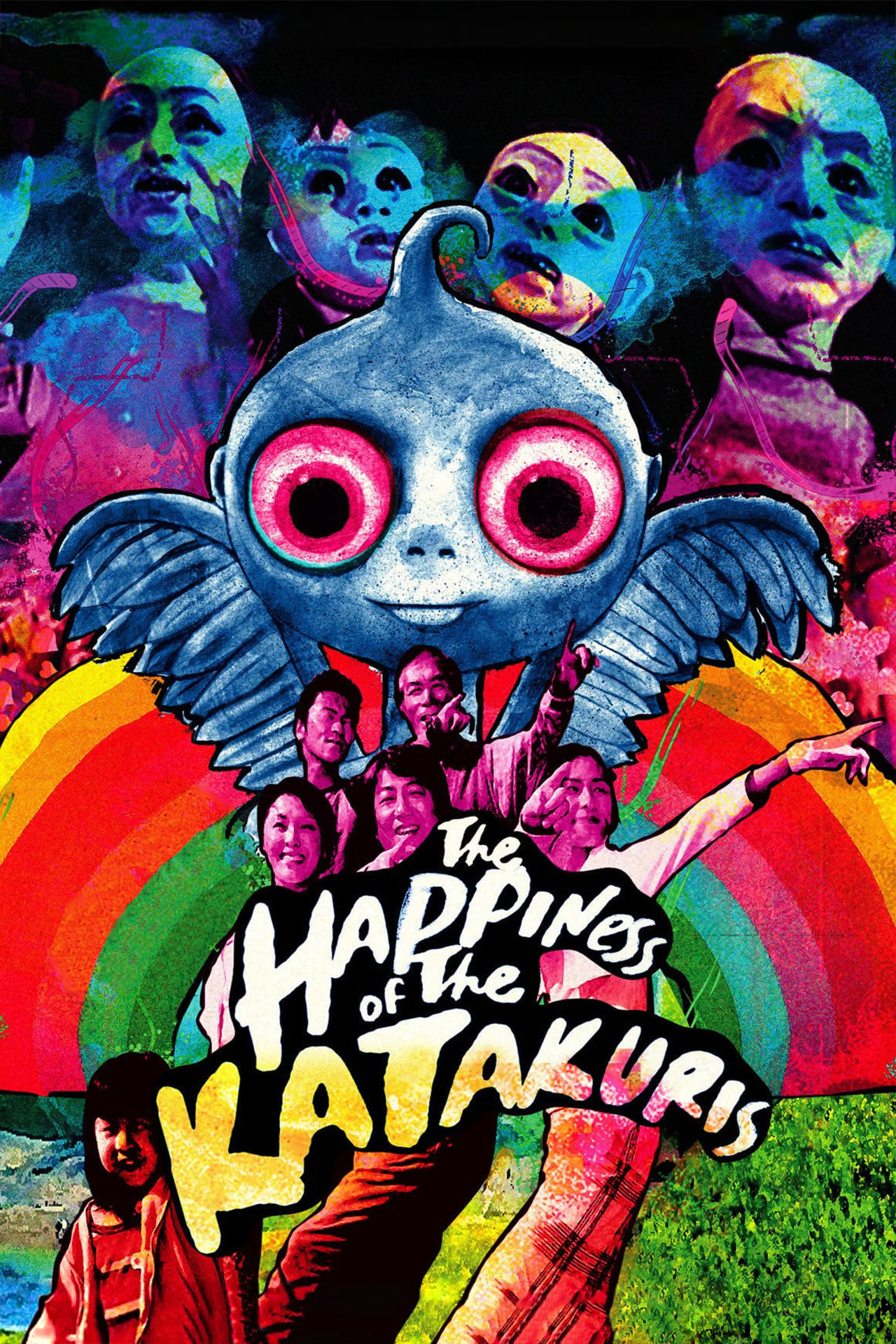
The Happiness of the Katakuris - dir. Takashi Miike
Musical/Absurdist Comedy
My pick for the best poster of all time.
Takashi Miike is so damn good. None of his films ever miss an opportunity to go nuts with style. This is so far from being “my thing” that the fact that I enjoyed it at all really speaks to his strength as a filmmaker. I actually enjoyed some of the musical numbers. I actually enjoyed some of the anime vibes. Not Miike’s greatest, but still a fun time. 6/10.
-
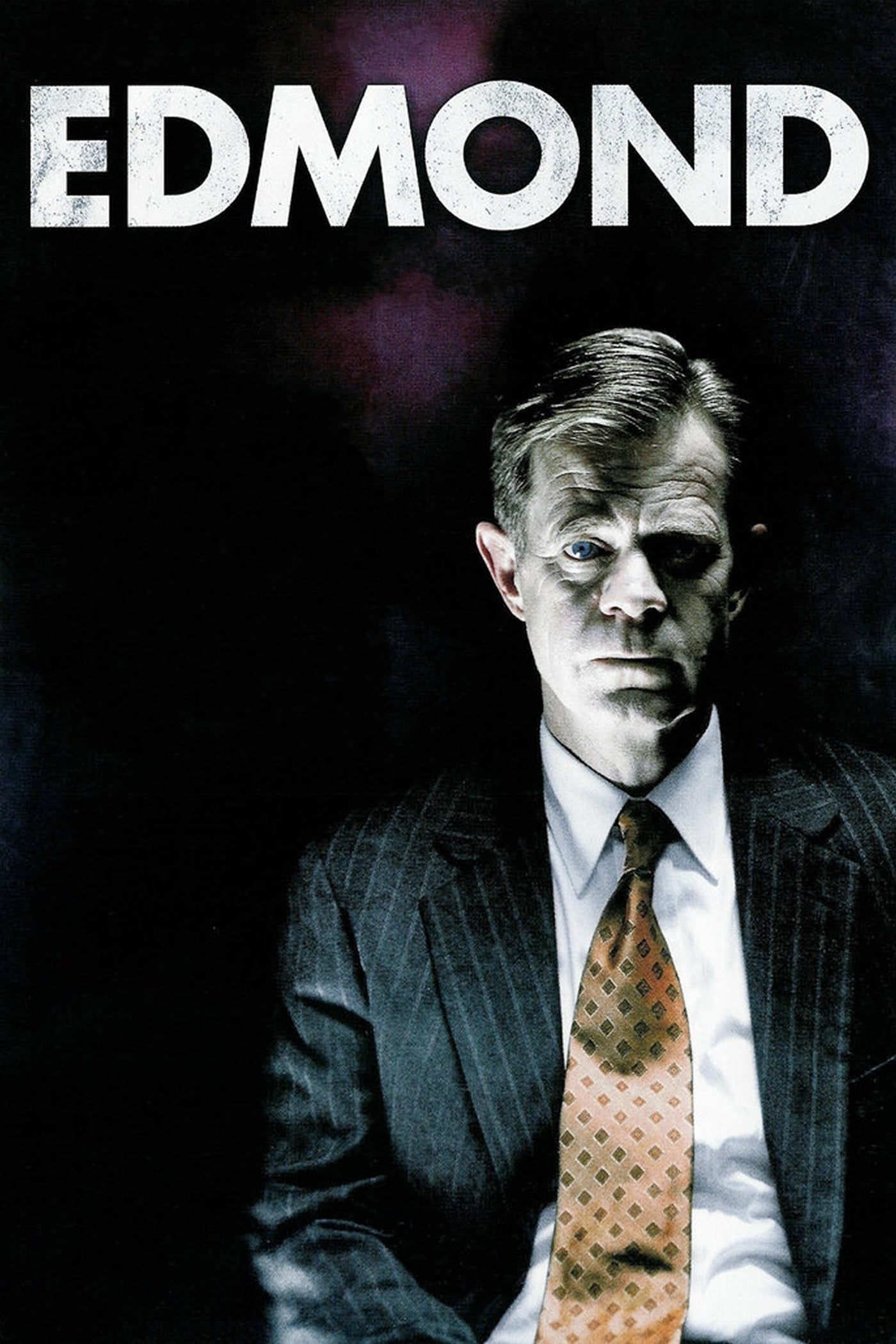
Edmond - dir. Stuart Gordon
Surrealist
White rage waxing philosophical, a Taxi Driver-esque descent into the existential anxiety of the wealthy white male. He wants to fuck expressive, promiscuous women but hates them for their individuality. He hates his wife for representing his domesticity, and more than anything he despises minorities for reminding him of his privileged position, for reminding him of his part in upholding the system that he knows on a subconscious level doesn’t actually fulfill him.
It took me a minute to get used to the weird style of dialogue, but once I accepted the film on its terms I was able to enjoy its oddly philosophical stiffness. It’s very Jim Jarmusch-esque. 7/10.
-

Killer Sofa - dir. Bernardo Rao
Horror
DON’T MOVE THE FURNITURE. 1/10.
-
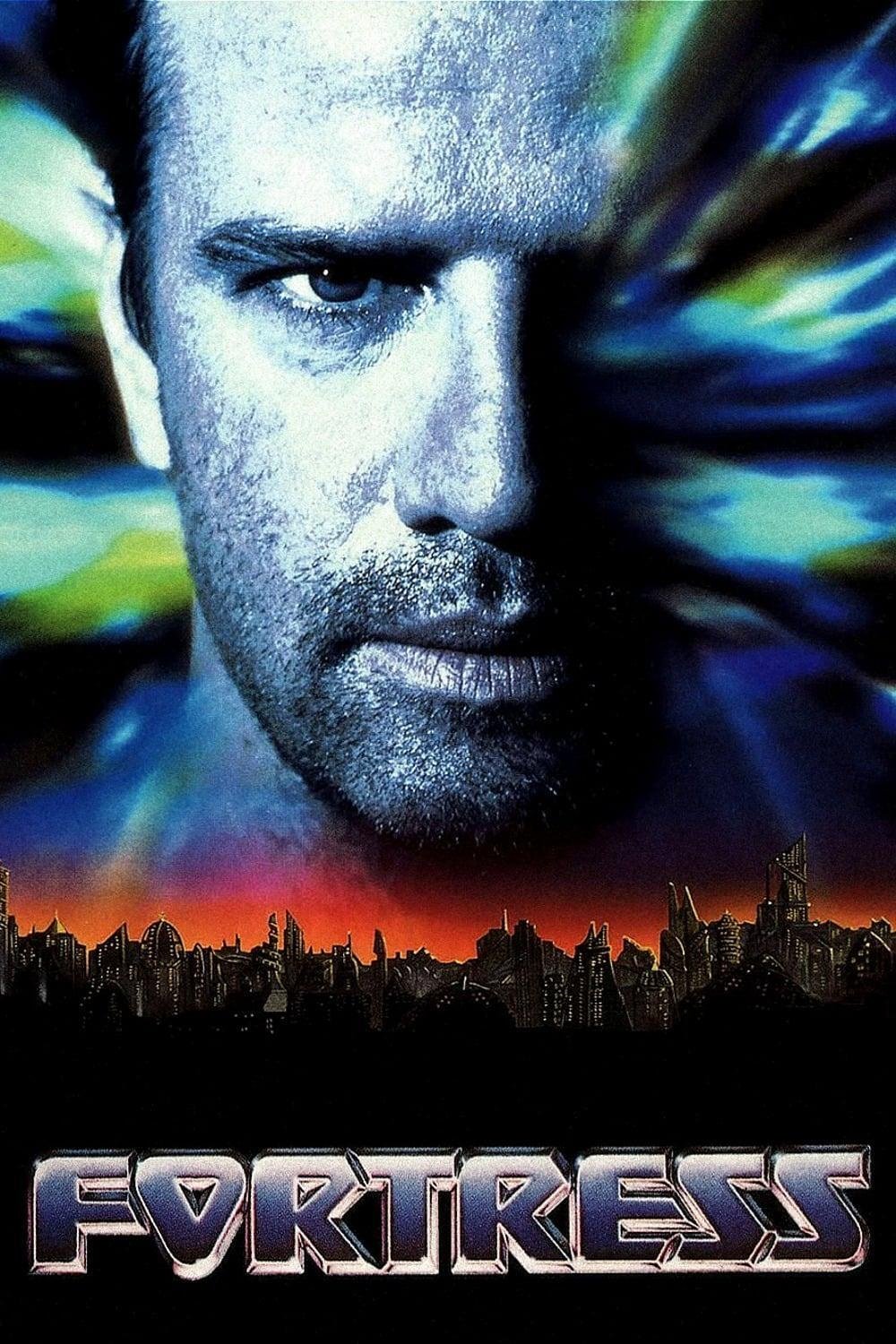
Fortress - dir. Stuart Gordon
Dystopian/Prison
Inhuman blue blood exploding from the enhanced; this is yet another banger from Stuart Gordon about transhumanism, this time riffing on RoboCop. An evil corporation that treats criminals like vermin and women like livestock and serves as an obvious mirror to our modern day prison industrial complex. The most blatantly anti-capitalist Gordon film, besides maybe Edmond. 7/10.
-
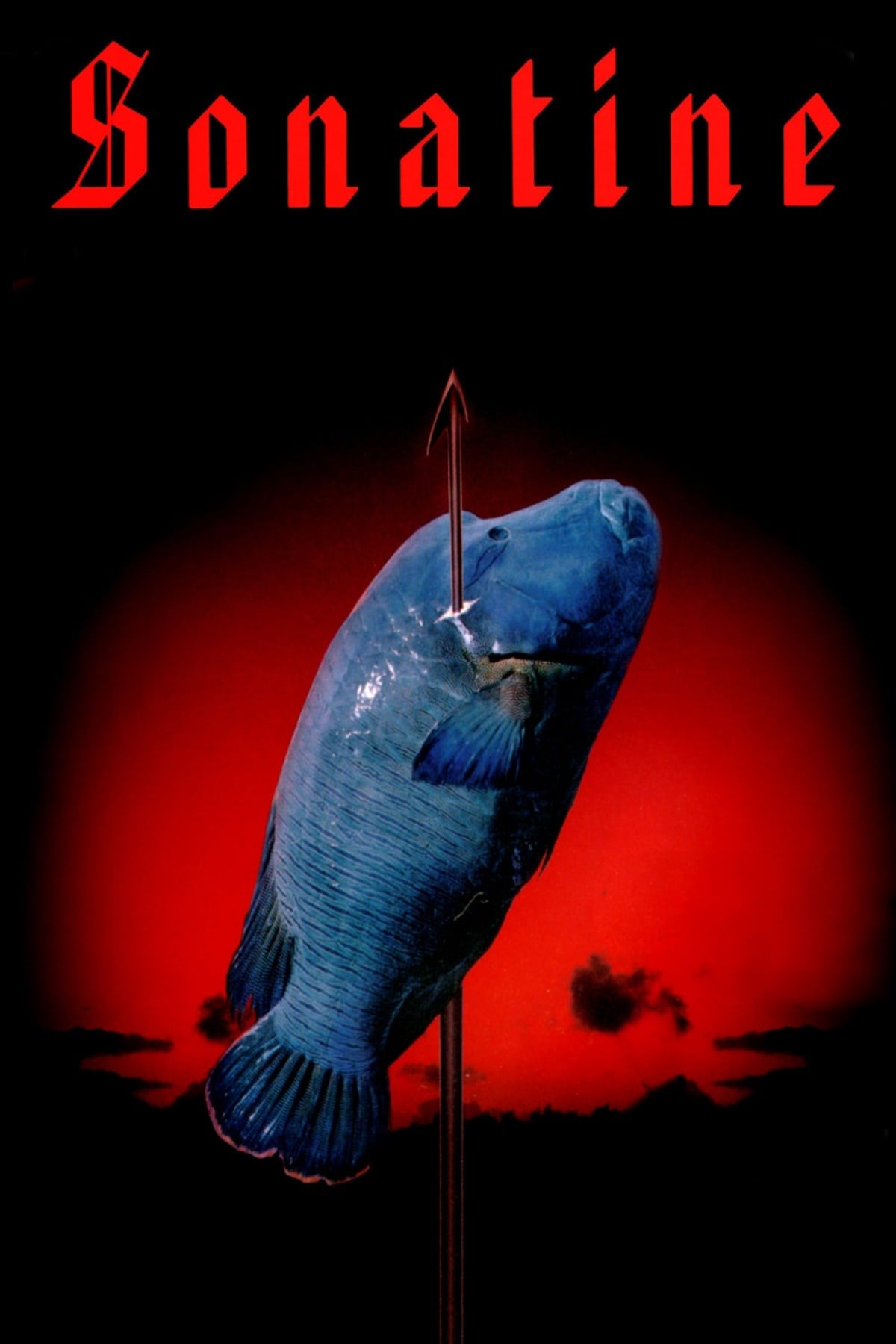
Sonatine - dir. Beat Takeshi
Yakuza/Hangout
Kitano works subliminally, fundamentally, on levels that demand to be felt instead of rationalized, and it’s this very quality that makes his films impossible for me to truly WRITE about… which is why I’ve tried reading more. To improve my increasingly frustrating attempts to convey my thoughts into language. Kitano’s films are literary in the sense that they rely fully on feeling and interpretation; again, you either FEEL what he’s going for or you don’t. Lynchian, almost, in that sense. Kids Return has the FEELING of being in the dawn of adulthood. Fireworks has the FEELING of being past your prime, and Sonatine FEELS like a sunset. The day is over, you’ve settled into routine, that’s it, that’s all you have left.
The whole film is engineered around placing you directly in the shoes of Murakawa, our main character. The opening twenty minutes feel routine, overplayed, stereotypically “yakuza”. Which is the point, of course, as this is exactly how Murakawa feels. The middle section, the idyllic hangout film, is peaceful with an undercurrent of dread, which eventually boils over into the violent climax. Cold murder, unglamorous. We are defined by our decisions, and our decisions lock us into lives that we find stifling. Sonatine is about these decisions, about the attempt to break free from their hold. It’s utterly magical. 8/10.
-

Graveyard of Honor - dir. Takashi Miike
Yakuza
(Relatively) Grounded and forlorn Takashi Miike is not something I’m used to, and it’s not something I like. There’s really nothing too special about this yakuza film, no new angles he’s approaching the genre from, and no characters to latch onto. It’s a story of psychopathy and evil, plain and simple, and Miike works best when he’s pushing genres to their limits, not resting within their conventions.
Think Blues Harp; a yakuza film that also works as a character study of a disadvantaged Okinawan. This is the standard that I feel Miike set in his work within the yakuza genre, and Graveyard of Honor feels safe by comparison. 6/10.
-
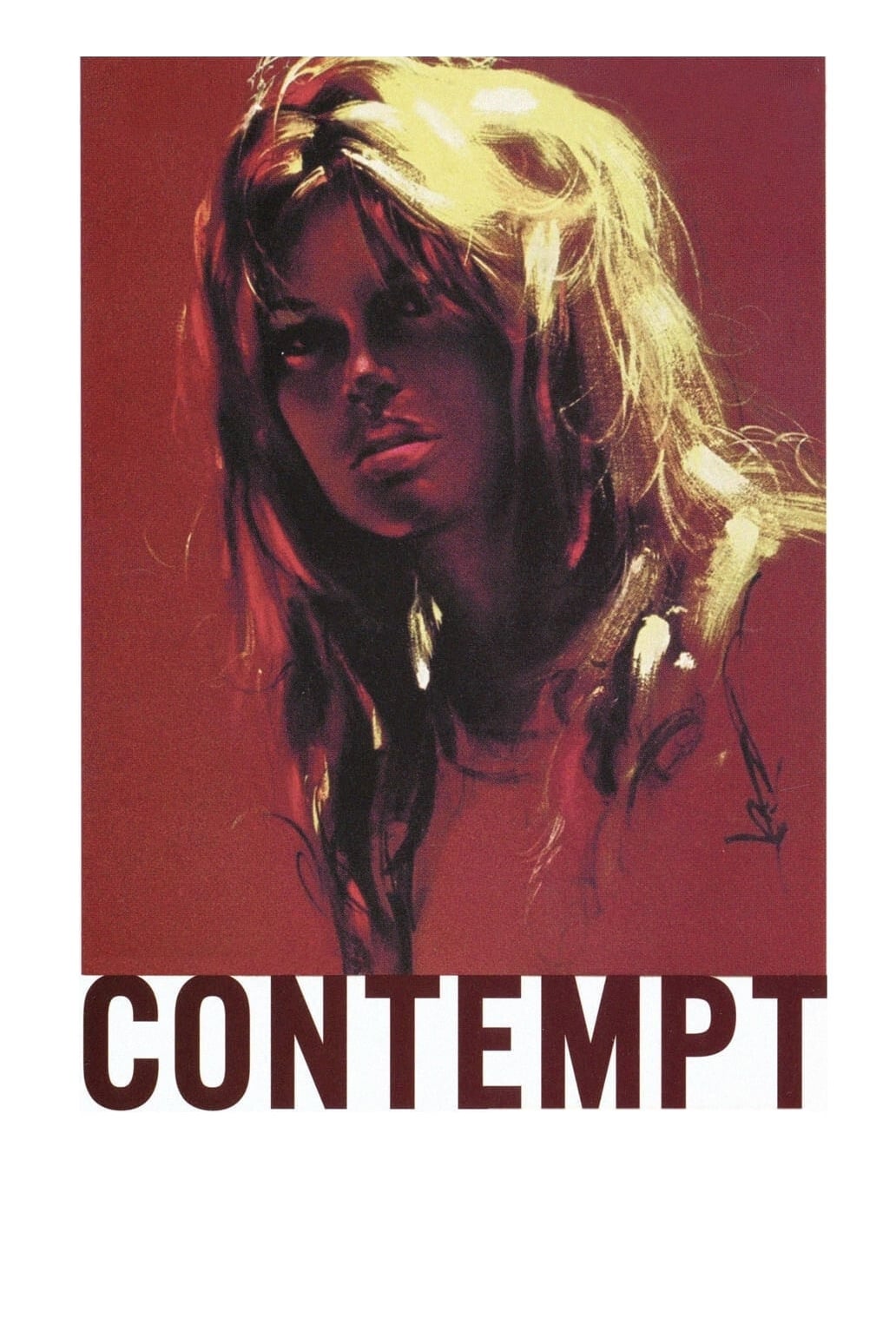
Contempt - dir. Jean-Luc Godard
Drama
I just can’t do it.
I don’t know what it is about Godard, but his movies bore the shit out of me.
Truffaut better. 4/10.
-
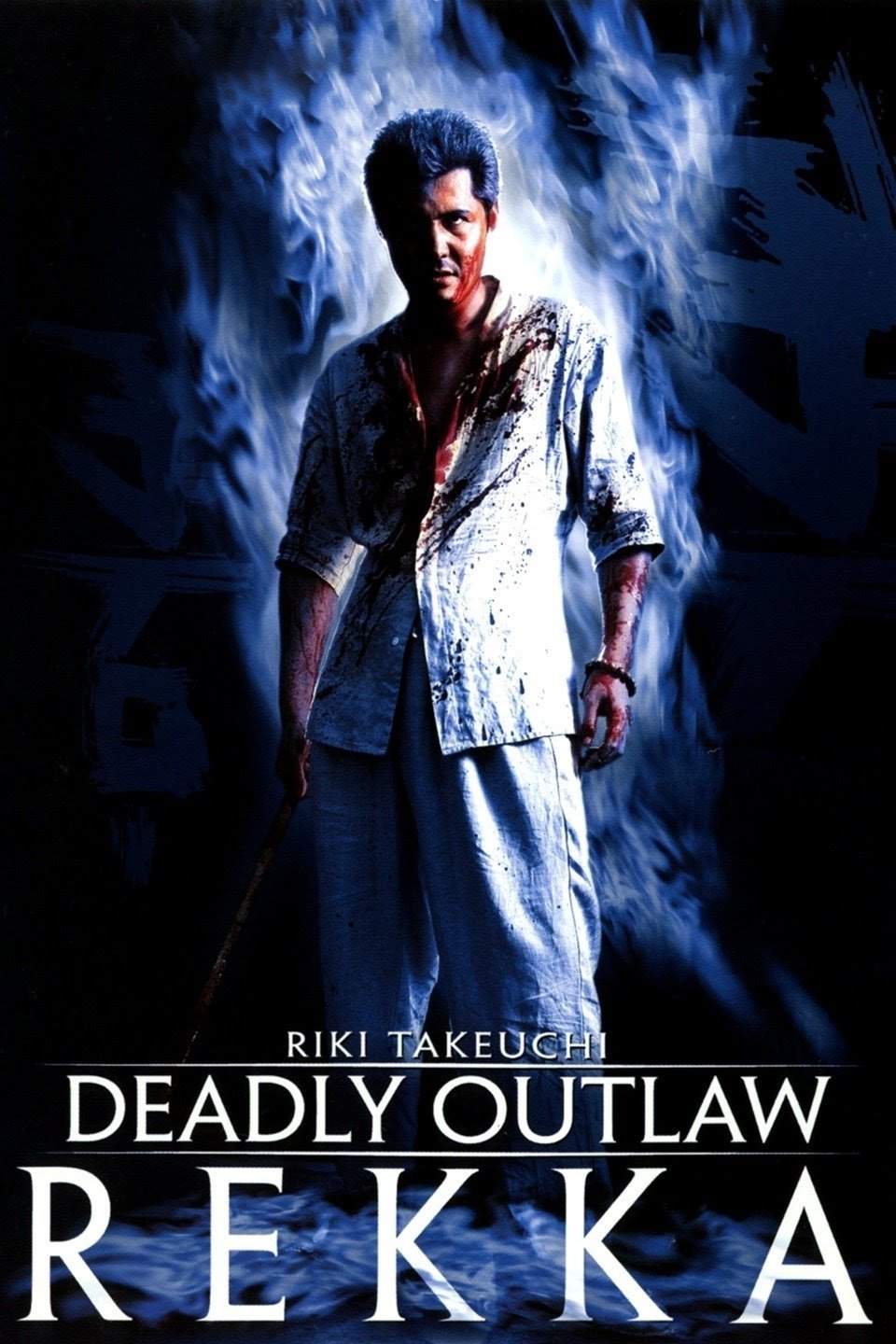
Deadly Outlaw: Rekka - dir. Takashi Miike
Yakuza/Revenge
Ultimately just a decent Miike yakuza joint. I found it passably entertaining. Riki Takeuchi can really do no wrong. 6/10.
-
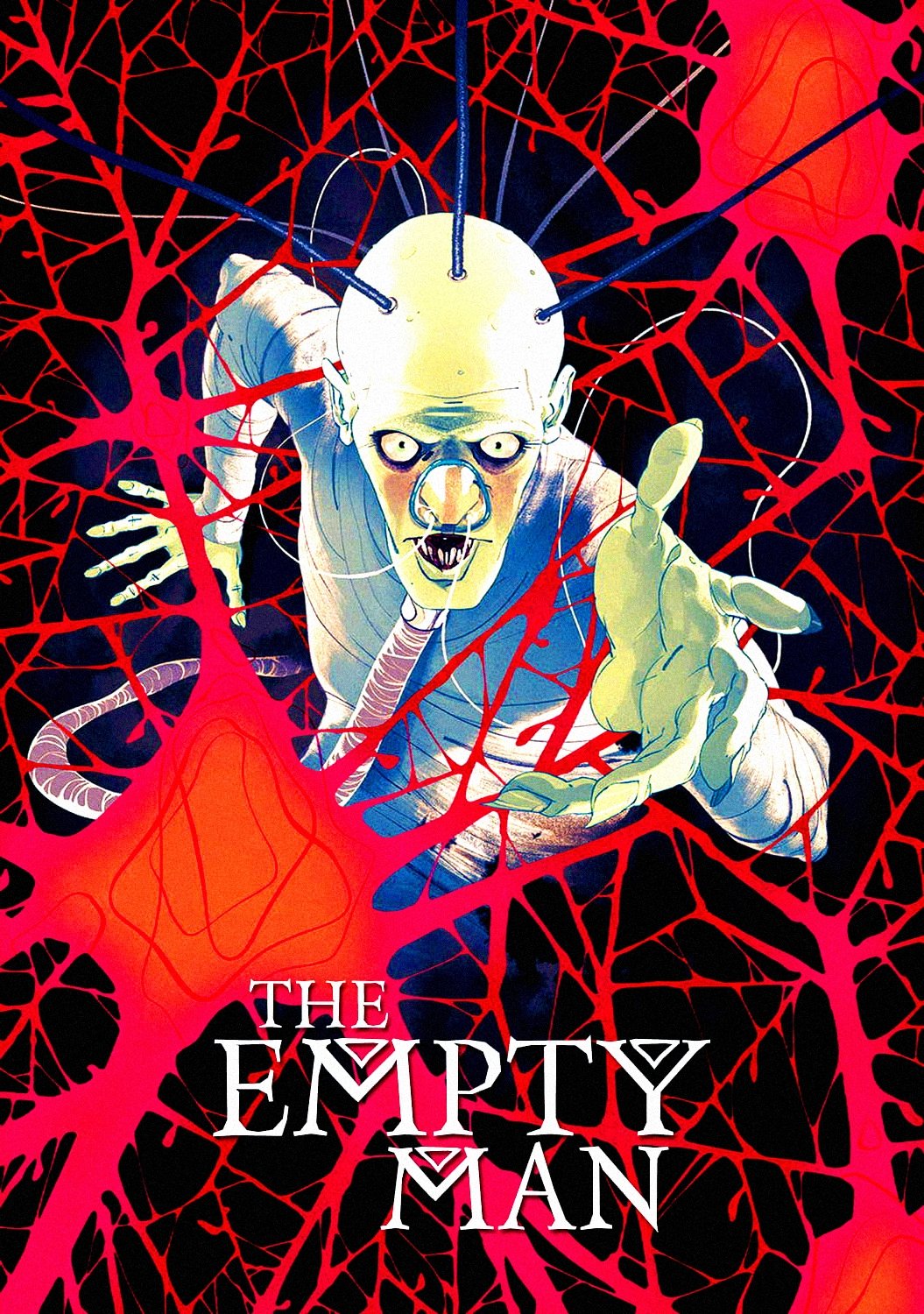
The Empty Man - dir. David Prior
Supernatural Horror/Surreal
The first twenty minutes are absolutely phenomenal. Reminded me so much of a creepypasta. You can imagine my disappointment when we go from that to generic prestige horror for like an hour and a half. It won me over a little bit towards the end, though. 5/10.
-
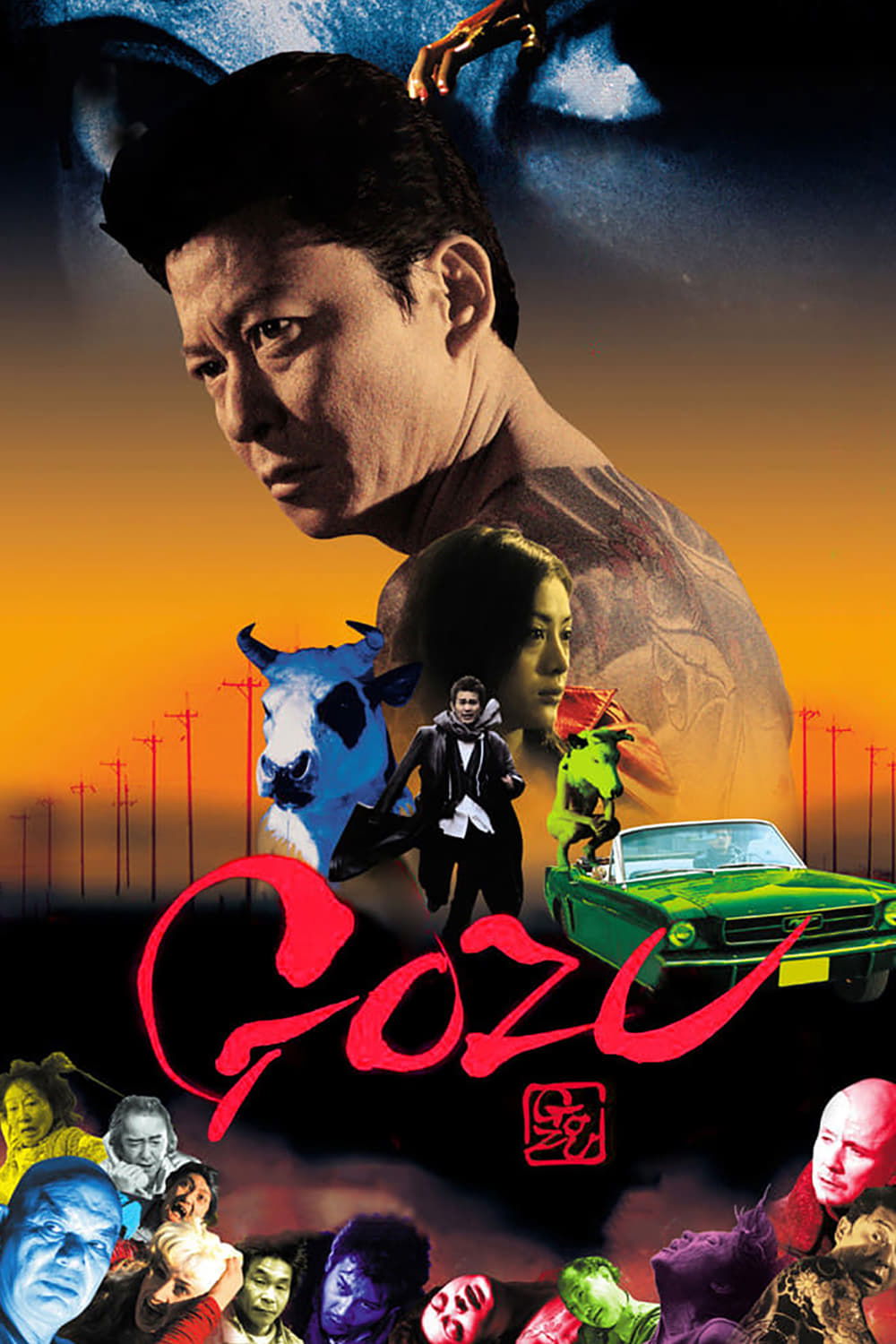
Gozu - dir. Takashi Miike
Surrealist/Yakuza
The ultimate playground for Miike to annihilate the glory of the yakuza, the pomposity of the powerful male, and the homoerotic bonds that tie them–in other words, a perfect companion piece to Ichi the Killer. We are taken into a surrealist dreamscape the likes of which Lynch could only have begun to imagine, a world where nobody has the answers and the universe seems to bend over backwards to reduce you to a suckling child at the teat of the earth mother.
Completely befuddled by Takashi Miike’s unstoppable, seemingly endless artistic genius. There is nothing this man cannot do; his well never runs dry, he just keeps creating, creating, creating, and creating. And creating. A madman, a maverick, a total fucking hooligan.
What does it mean to be above the law if you still follow the order to murder your brother, who you love very dearly and also want to fuck? Perhaps, as Miike posits, it is better to resist–to push the boundaries, to trust the psycho. To cherish the bloodshed… the blood bond? Betraying love for authority sends you to the endless purgatory, a lake where the road should be, a taunting cow-headed man where comfort claims to reside.
We owe it to ourselves to love violently, to care passionately, and to appreciate the gorilla grip pussy. 9/10.
-
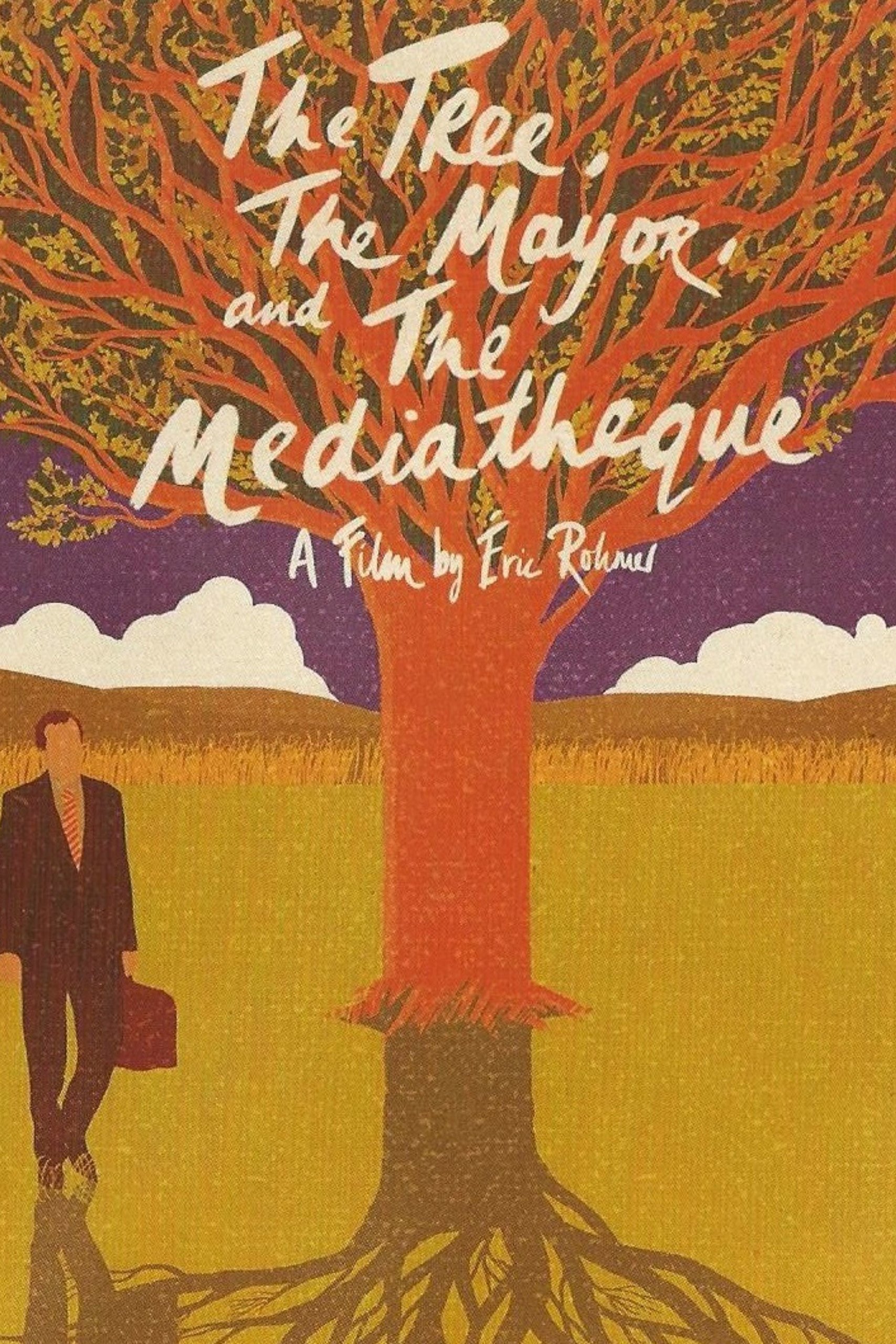
The Tree, the Mayor and the Mediatheque - dir. Éric Rohmer
Slice-of-Life
Political dialogue scrutinizing the dichotomy between the rural and the urban, modernization and tradition, preservation against progress. Really delightful, never feels ham-fisted or like a lecture. Adore the dialogue, the pacing, the lightheartedness of these super theoretical conversations. Rohmer’s filmmaking reminds me so much of Abbas Kiarostami’s in its desire to extrapolate complexity from everyday political minutiae, philosophical splendor from otherwise ordinary people.
What we see is an almost utopian view of political discord, where problems and disagreements can be resolved by a conversation between a precocious ten-year old and a mayor, where a neurotic teacher speaking his mind can alter the course of a major town project irrevocably. Almost inspiring, actually, how much weight Rohmer places in the hands of the unremarkable citizen. So much art is centered around the machination of the uber-powerful that we forget that so much of what we call “politics” happens interpersonally.
That’s why the interview montage is so important, I think, where the journalist interviews a bunch of regular joe schmoes about the media center the mayor wants to build. We profess democratic values but we disempower ourselves and disengage by means of nihilism, and these conversations underline our power to speak our minds and affect change.
I don’t know if Rohmer intended for this film to be “empowering” but in a sweet, soft-spoken way–it kind of is. 7/10.
-

Robot Jox - dir. Stuart Gordon
Dystopian/Mecha
I’ll always go to bat for Stuart Gordon’s vulgar auteurism, but there was nothing here that really drew my attention. It’s standard 80’s sci-fi-action fare, but sort of watered down. 4/10.
-
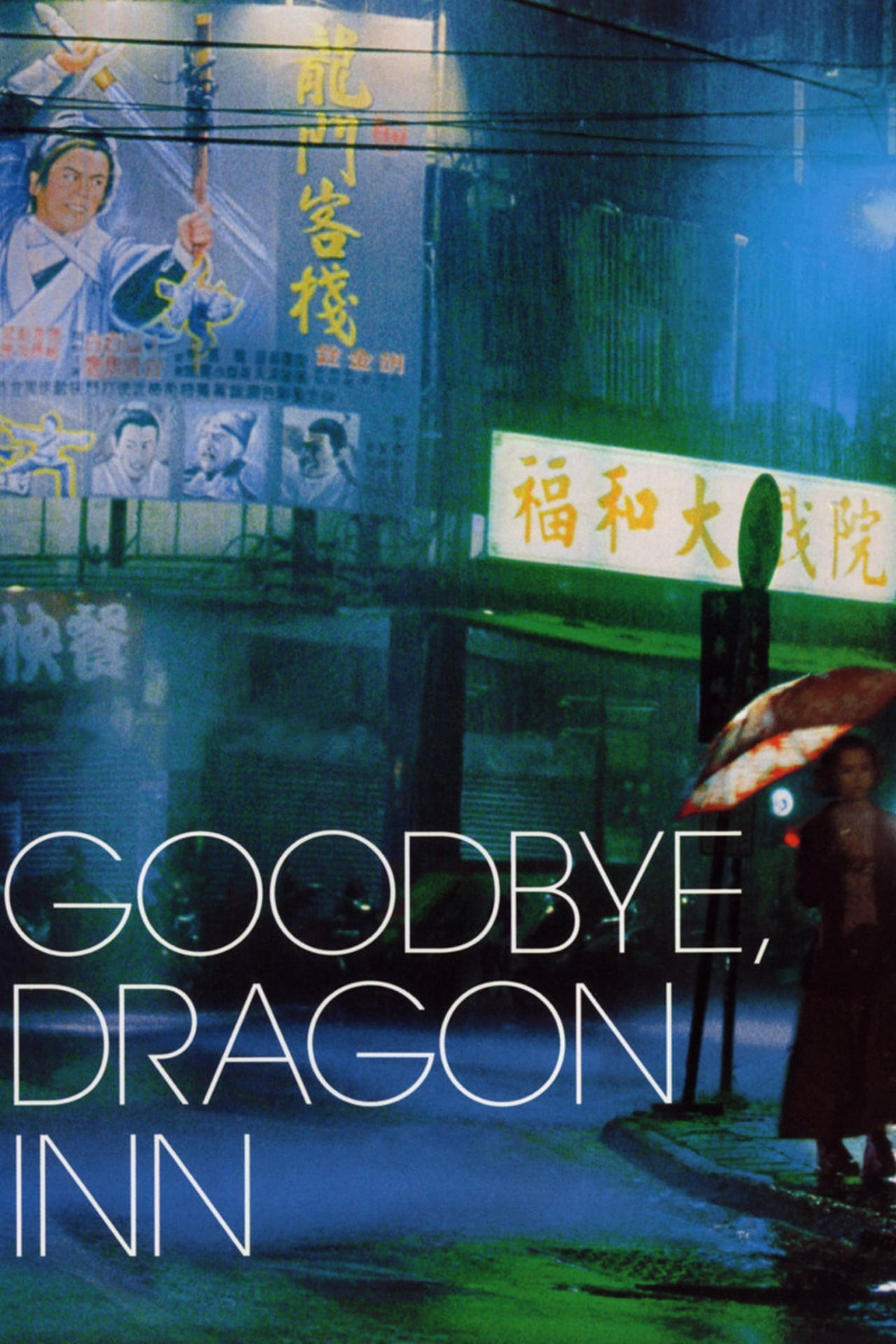
Goodbye, Dragon Inn - dir. Tsai Ming-liang
Blankets of rain pour down on the glowing, gauzy final breaths of the cinema, the third place wherein stars lived for eternity and passerby could indulge in the cross-temporal fantasy of the moving picture, steady held intergenerationally by the static camera, preserving the ghosts of the past in tandem with the wandering souls of the present and future. Tsai Ming-liang’s late-stage urban environments feel like deep puddles of rainwater illuminated by sharp iridescent lights. Everywhere feels ghostly, like the city sprawl falls into a trance under the buckets and buckets of gentle rain.
This film catalogues the death of the third place, the common meeting ground where all souls–living and dead–may gather to commiserate by a mere shared physical presence. Faded movie stars and local spirits, fantastical adventures with mundane metropolis. It’s hard to describe this film as bustling, and yet despite its desolation it breezes by like a scant meditation on the breath of a cumulonimbus cloud. The ending nearly had me in tears as the last picture played and the remnants of that mystical “third place” left. Some exchanged words, reminiscing on what once was; some simply walked through the rain into the night.
Whether they were aware or not–and they weren’t–they were all part of something. It’s not just the magic of cinema. It’s not just the shared space of the theater. It’s not even just the lingering exchange between two ghosts. It’s a raindrop through the cosmos. A kiss through the fourth dimension. It’s an anachronistic love letter, a slice of humanity, a paean to the intricate artistic universes that we build through just the brushes of our shoulders as we pass by one another, never to meet again. For that small moment–however small it may be–we are one. 9/10.
-

The Negotiator - dir. Takashi Miike
I actually would’ve preferred if Miike had played the film more as an indictment of Japanese xenophobia than where he ended up taking it. This is a decent watch, a solid police procedural with dramatic leanings, but IMO it doesn’t touch some of the more stylistically wild shit Miike usually pulls off. 6/10.
-
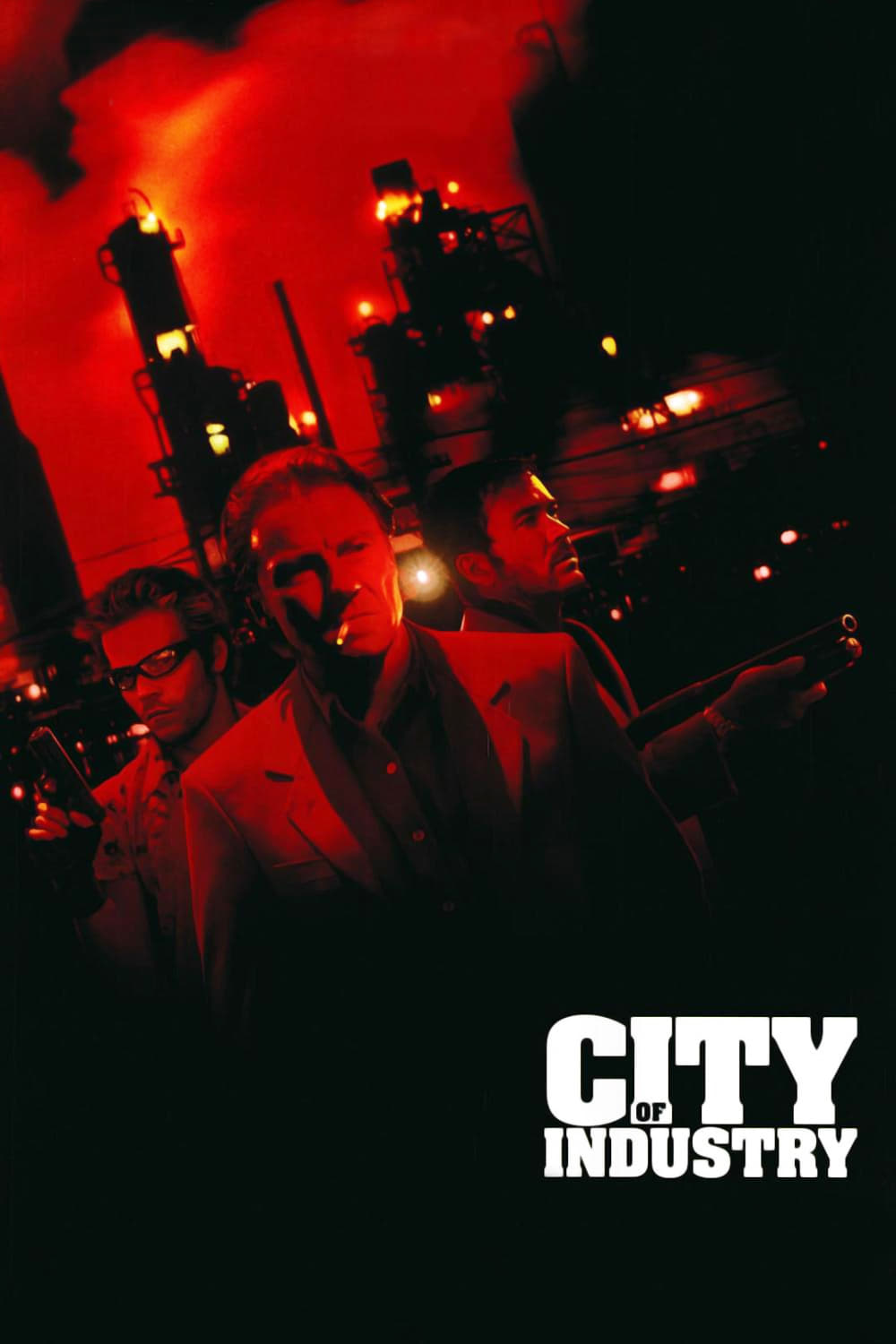
City of Industry - dir. John Irvin
Revenge/Neo-Noir
Thoroughly unremarkable.
I’m usually a sucker for these kinds of movies from the 90’s but this just doesn’t click with me. 4/10.
-

One Missed Call - dir. Takashi Miike
J-Horror
Preservation of abusive patterns through the screen, the reflective surface, the distortion of the eye. Trauma prismatic and diluted by light, shadows, and time. A depiction of digitalization as means for securing truth but also reducing it to 16 bit pixels–you zoom out far enough, the image is clear, but up close it’s blocky, unwieldy.
I recognize that Miike isn’t reinventing the wheel here, it’s not a film that revolutionizes the J-Horror genre, but why should it? It’s creepy as fuck, dreamlike, and highly, highly atmospheric. It did EXACTLY what I wanted it to, perhaps even more.
I just love Takashi Miike so much man. 8/10.
-
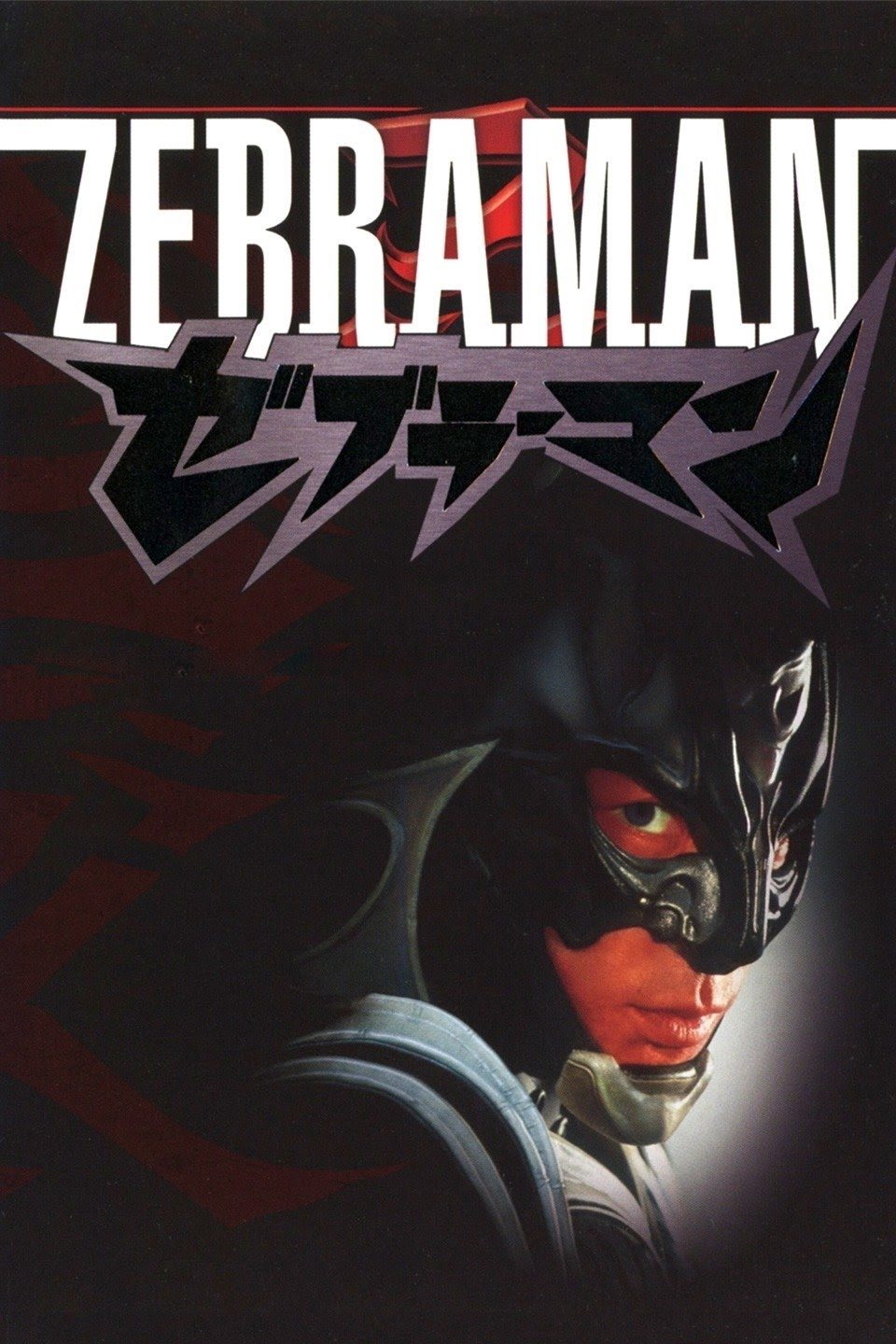
Zebraman - dir. Takashi Miike
Superhero/Satire
The first Miike movie I can definitively say is not for me. 4/10.
-
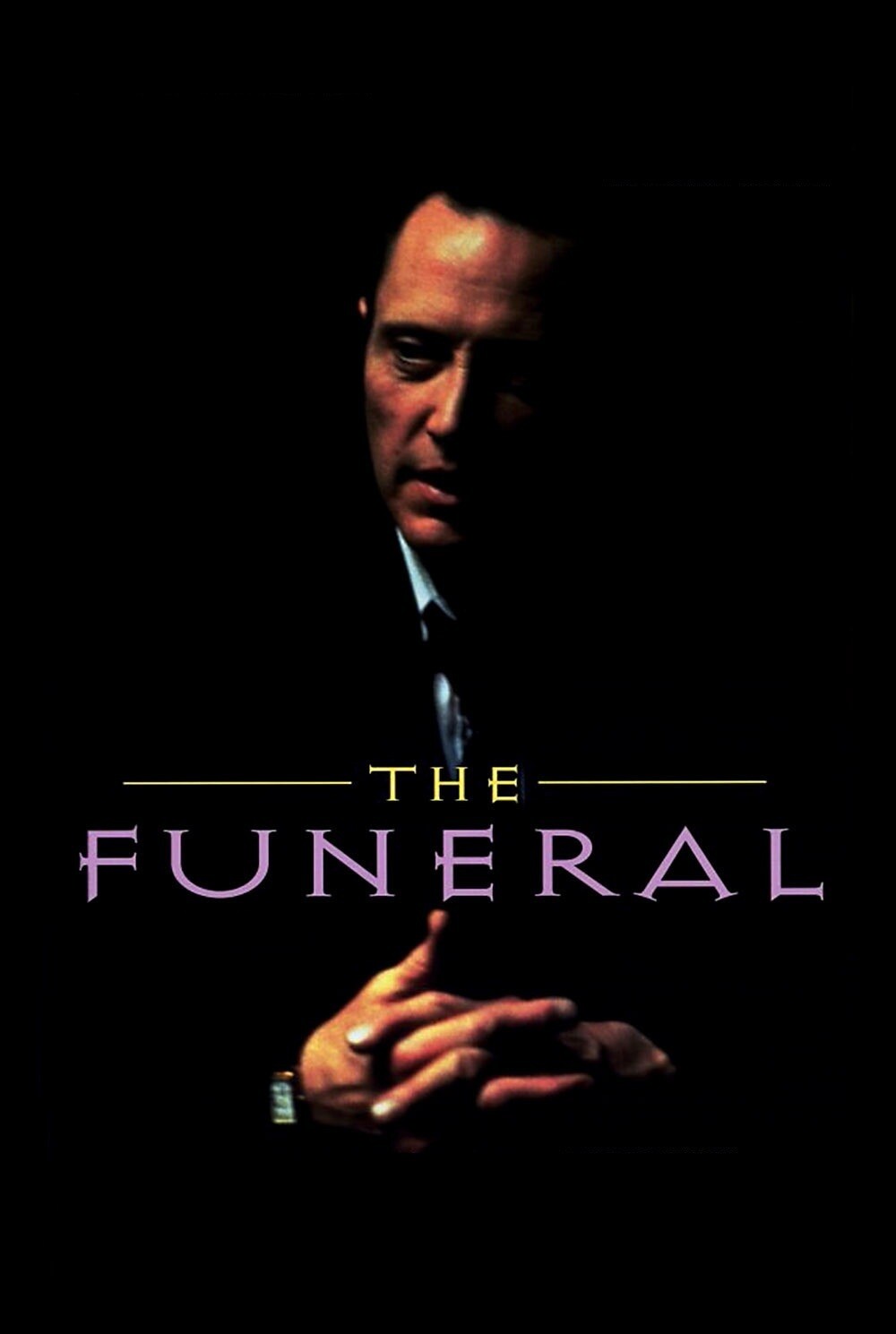
The Funeral - dir. Abel Ferrara
Gangster/Revenge
Once upon a time, as the Tony Sopranos of the world would lament, the mob was glamorous. It was a brotherhood, a code of honor with class and dignity.
The Funeral puts that idea to bed with three bullet holes in the chest.
Prophesying only too late, the women, omniscient but powerless, know the family will be torn asunder by bloodshed. Masculinity at the barrel of the pistol, Hell and Heaven a false contradiction of the pulled-back hammer.
The coldest gangster film ever conceived. No glamor, just reckoning. 9/10.
-
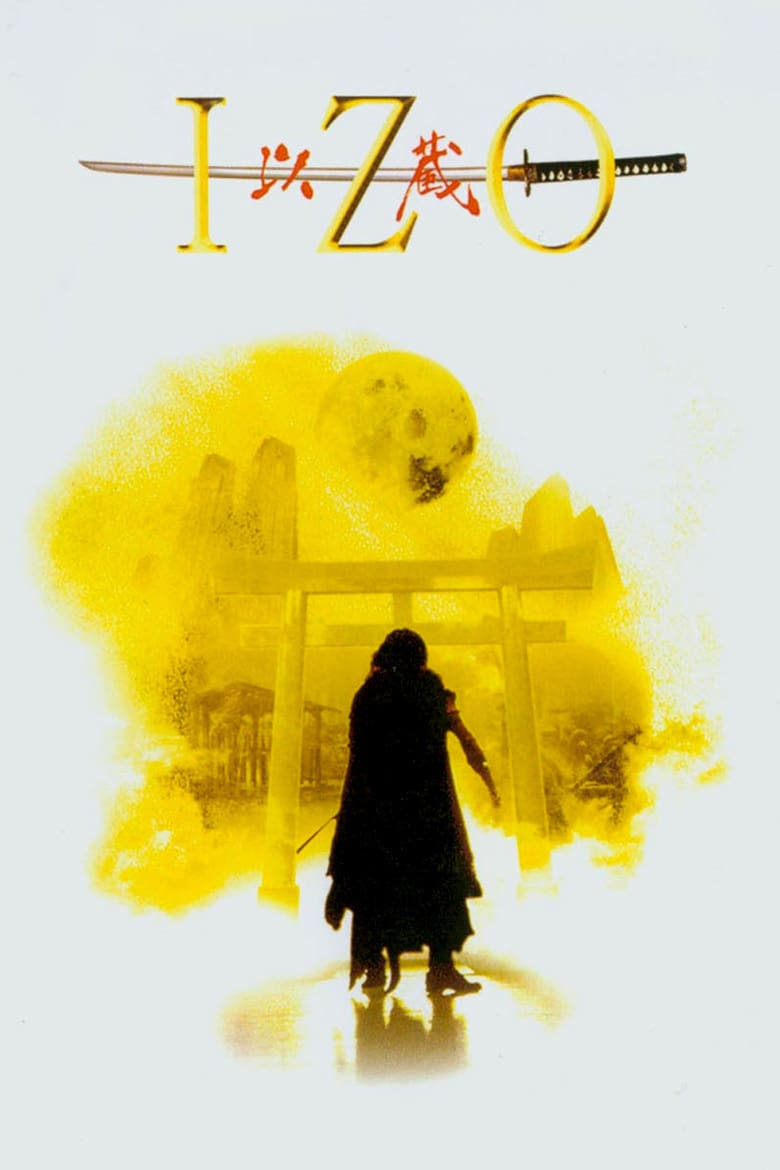
Izo - dir. Takashi Miike
Experimental/Samurai
I feel really guilty for not connecting to this movie, because on paper it’s Takashi Miike distilled down to the essentials; life and death at an impasse at the edge of a sword, nihilism as nothing more than blood spilling out of countless bodies, all that good shit. This may connect with you, it’s sort of like Gozu in that it presents a descent into almost nonstop surreal symbolic Hell but it lacks Gozu’s quietness, it lacks Gozu’s meditation, it lacks Gozu’s introspection. This feels too loud, too garish, too much. For some, this may be a plus–for me, it feels like a facsimile of Miike’s most powerful artistry. 4/10.
-
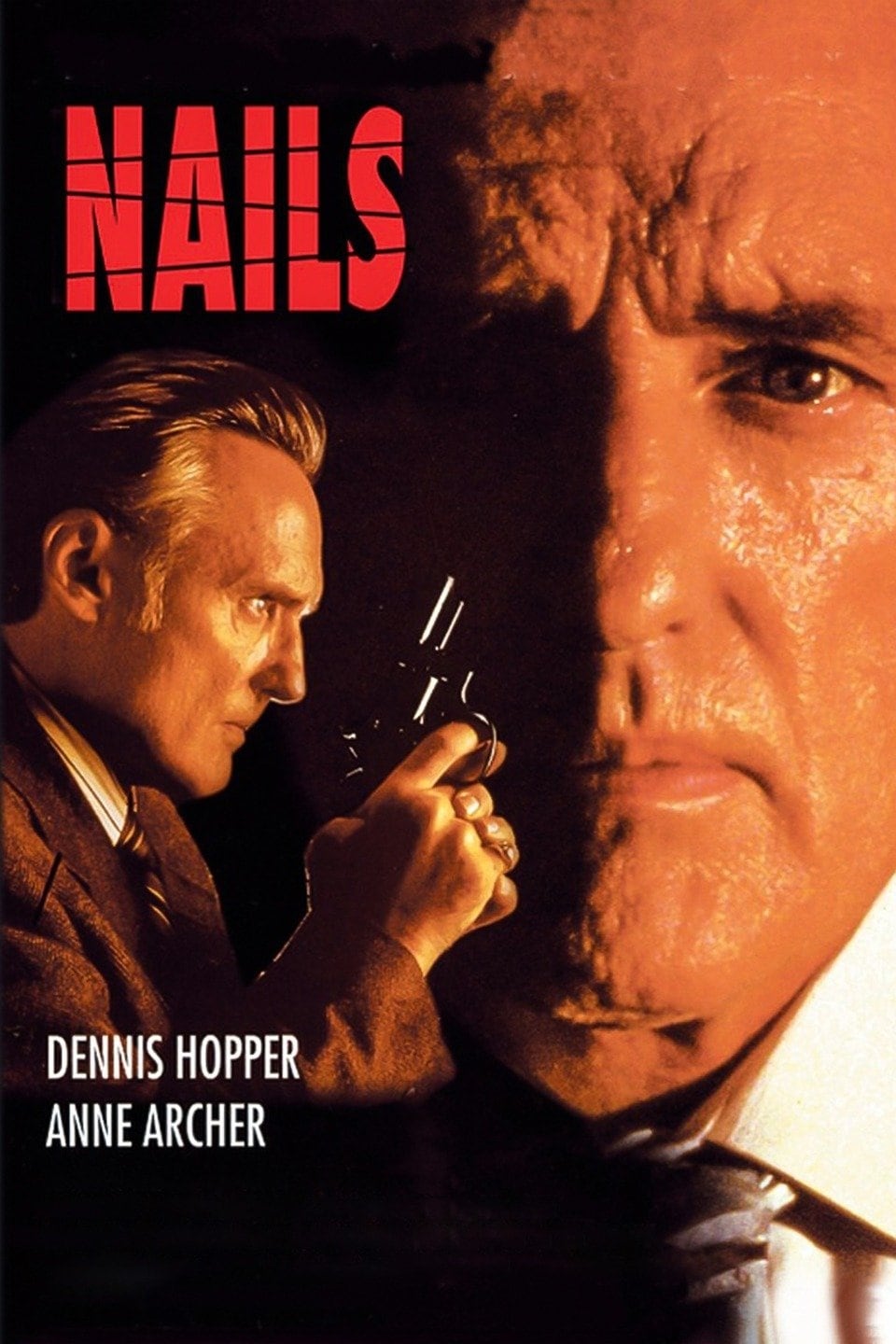
Nails - dir. John Flynn
Crime/Thriller
Extremely generic cop movie. I could tell from the first 2 minutes that this was made for TV. 3/10.
-

Big Bang Love, Juvenile A - dir. Takashi Miike
Surrealist/Prison
Starts off so promising, but for whatever reason Miike takes the simplicity of his premise and turns it into some overly plotted murder mystery that sucks out all the fluidity from the core relationship of the film. He obviously knows how to visually tell a story but sometimes, for the sake of the vibe, you have to pull back and just let the atmosphere guide the viewer. 5/10.
-
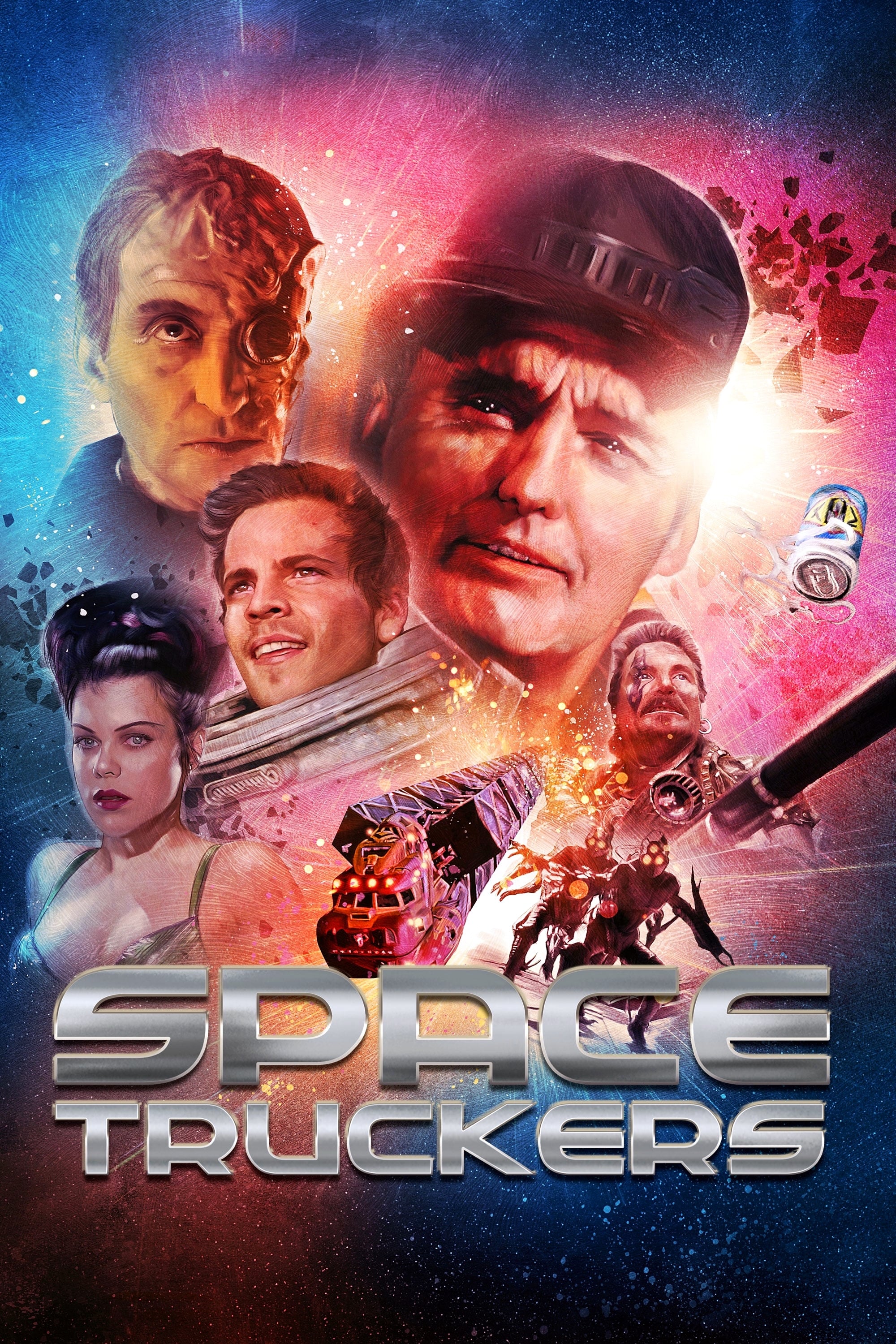
Space Truckers - dir. Stuart Gordon
Action/Sci-Fi
Honestly not a bad effort from Stuart Gordon. A working class vision of the future that suffers from a muddled second half. At first I didn’t really understand the drawn-out ending, but if you view the whole film as a story of blue collar workers compromising their values for faceless corporations, it makes some sense. You could even view the evil cyborg army as, like, some commentary on workers being replaced with machines. I dunno. It’s a fun movie for sure. 6/10.
-
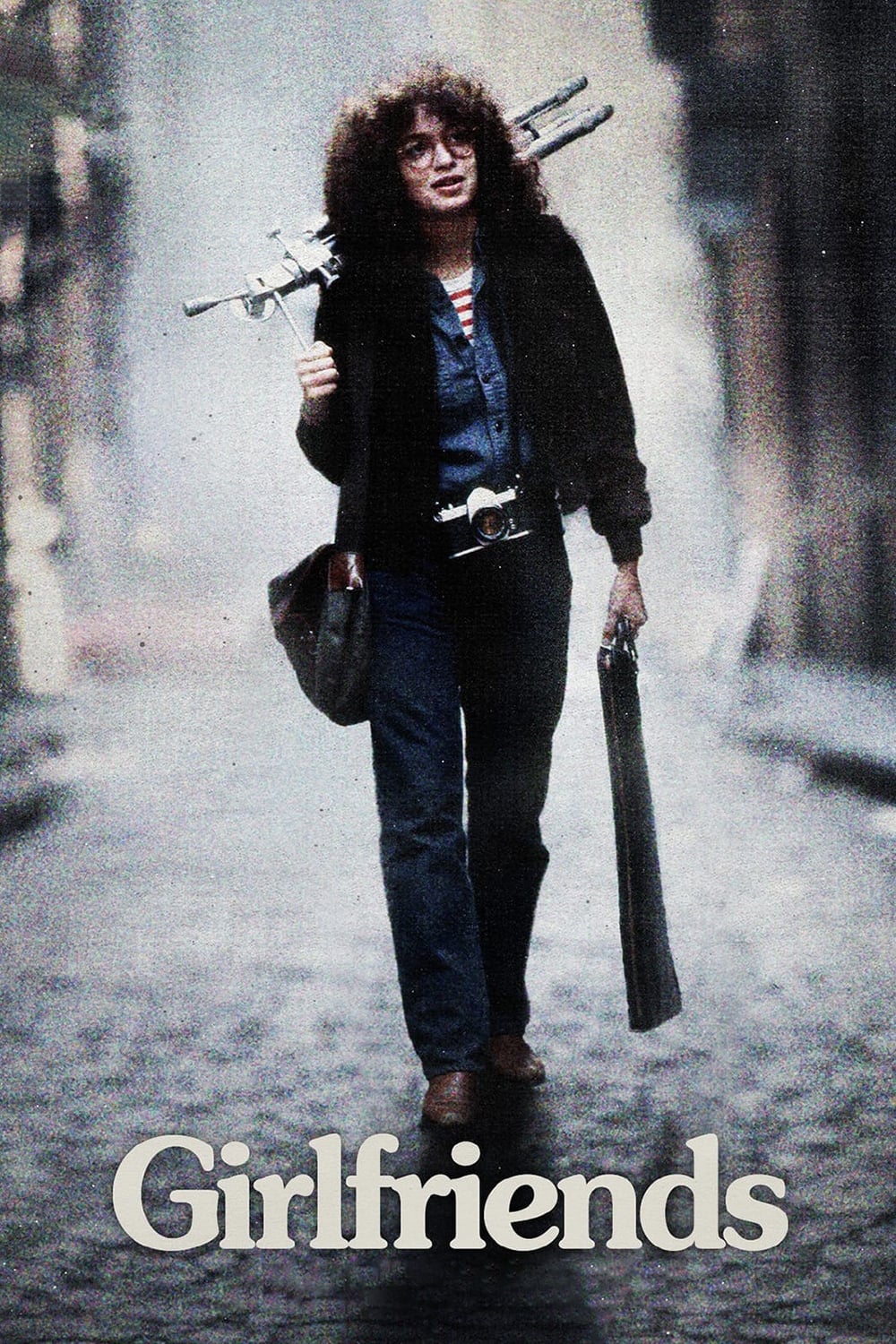
Girlfriends - dir. Claudia Weill
Mumblecore
Pre-mumblecore mediocrity.
I’m probably not the target demographic, but I still felt weirdly alienated from what was happening on screen. Found it very difficult to connect to.
If you like Frances Ha, you will like this. And I liked Frances Ha… but I didn’t need to see it twice, personally. 5/10.
-
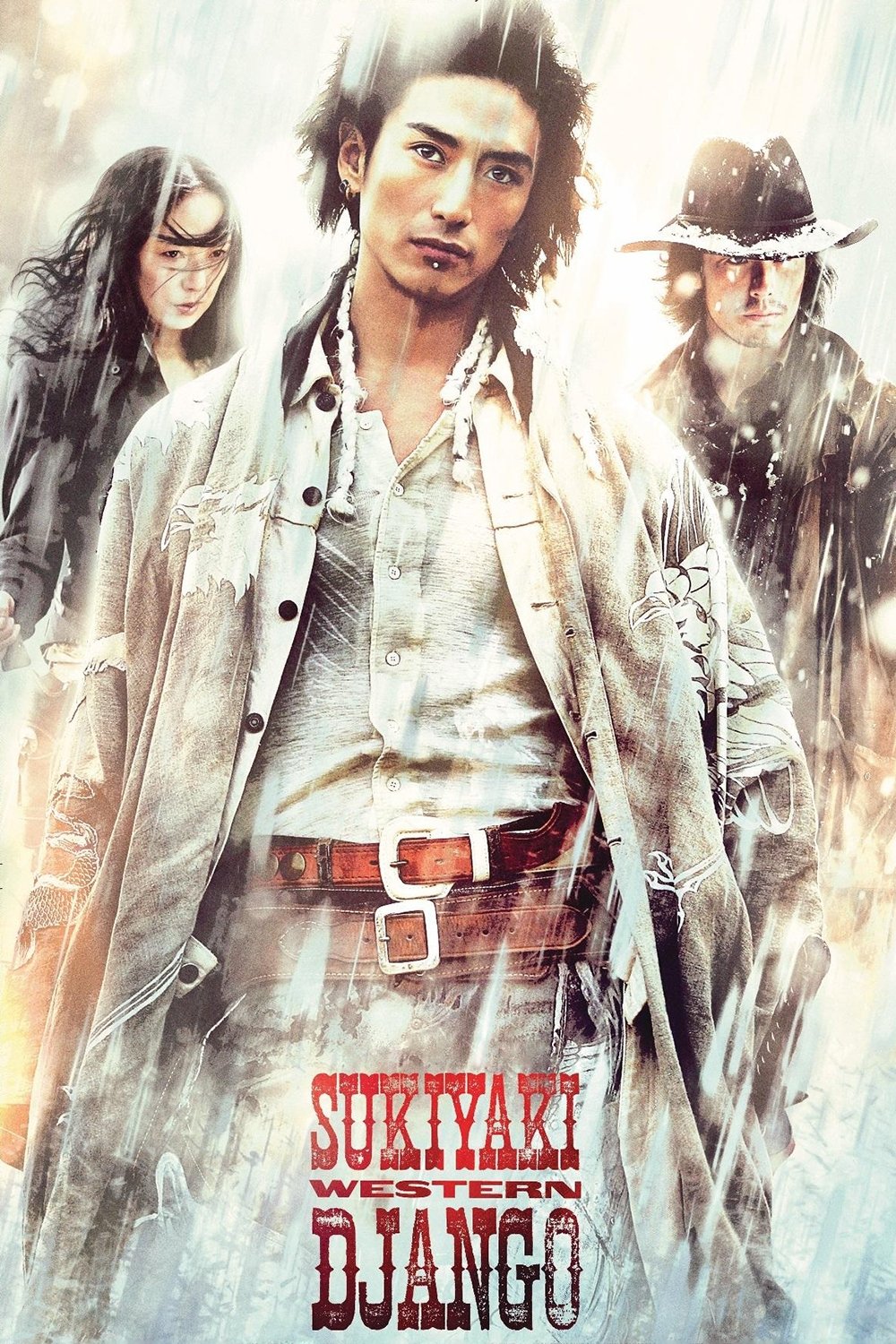
Sukiyaki Western Django - dir. Takashi Miike
Western/Comedy
I take no pleasure in giving Miike films low ratings, as he’s one of, if not, my favorite directors. Stylistically, this film is exactly what I wanted it to be. The deep fried hues of the wild west and the casually brutal, dopey violence of your standard Miike affair–where it fails is whenever the characters speak, which is unfortunately frequent. Try as I may, I could not get past how uncanny the English dialogue was when spoken by Japanese actors who obviously didn’t know how to speak it. That’s nothing against them, it’s a knock against whoever made the call to have the dialogue written in English. 4/10.
-
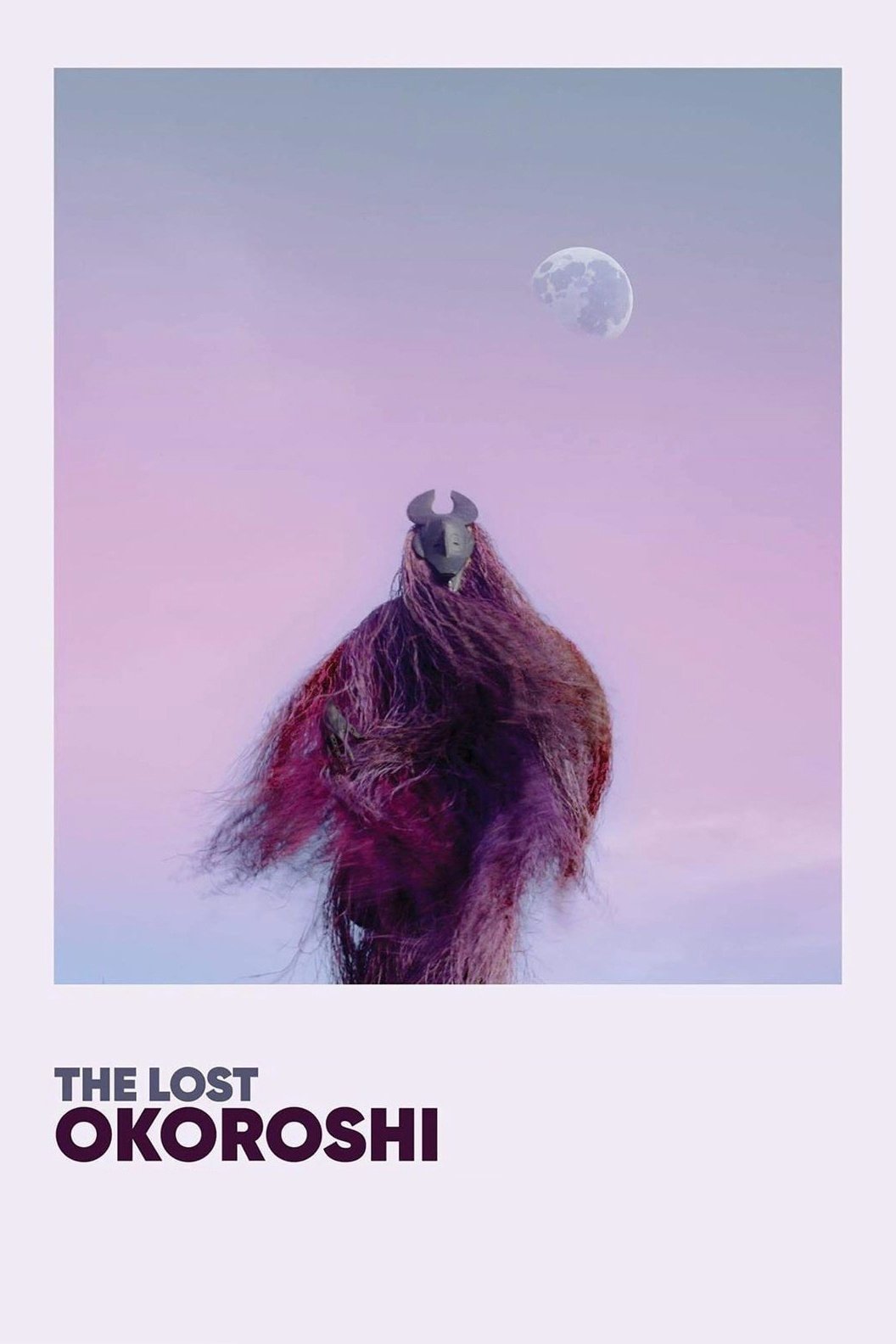
The Lost Okoroshi - dir. Abba Makama
Surrealist Comedy
Vibrant independent Nigerian cinema, operates on its own weird wavelength, but in my opinion seriously loses steam in its second half. I need Abba Makama to keep creating movies, though, because he’s onto something. 6/10.
-
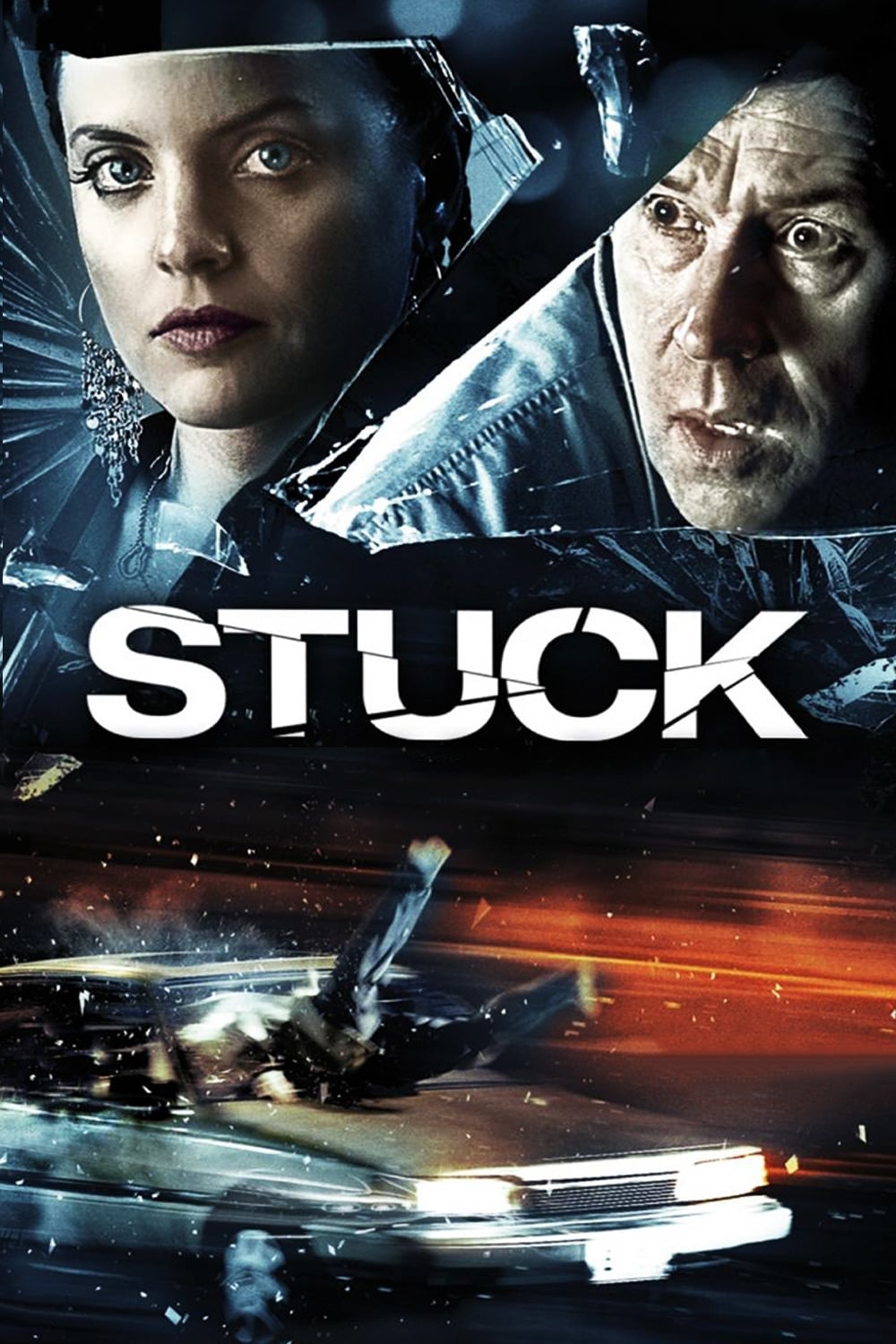
Stuck - dir. Stuart Gordon
Thriller/Black Comedy
Rest in peace, Stuart Gordon.
A common theme of Gordon’s late style is nihilism, which is most vulgarly established in King of the Ants–the origin of his late style that would pervade in Edmond and Stuck. These portrayals of everyday Americans in existential crisis, spiraling out of control, speak to the kind of angst that the nation was experiencing in the wake of 9/11 and also the Recession.
Stuck is Gordon’s most overtly political film; there’s a scene where a former white collar employee, now destitute, receives pity from a homeless guy, and it draws to attention the fact that the white collar guy has more in common with a vagrant than he does with the billionaire elite. Take away his meager wealth and he’s at the mercy of the evil bureaucracy just like every other bum.
The whole film is fraught with the tension of the underclass. The protagonist, Brandi, is a white chick who wears her hair in cornrows. her boyfriend is a drug dealer. She makes increasingly desperate decisions out of what can only be assumed to be fear of stagnancy, or being “stuck” in place. There’s a promotion on the line and she’s willing to do whatever it takes to avoid facing repercussions for her own stupidity. An immigrant family has the opportunity to cut the plot short and save Bardo’s life but they don’t call the cops for fear of deportation; earlier, the aforementioned homeless guy, while being pat down by the cops, points out Bardo in the windshield as he zooms by. Since he’s Black, the cops don’t even listen.
Throughout the film, there are constant opportunities for things to get better, but they just don’t, for one reason or another. We are a society in crisis, and nobody understood that quite like 2000’s era Stuart Gordon. 8/10.
-

Detective Story - dir. Takashi Miike
Black Comedy/Thriller
I guess the late 2000’s just weren’t a great time for Miike. This has TV movie vibes, I’m sorry. 4/10.
-
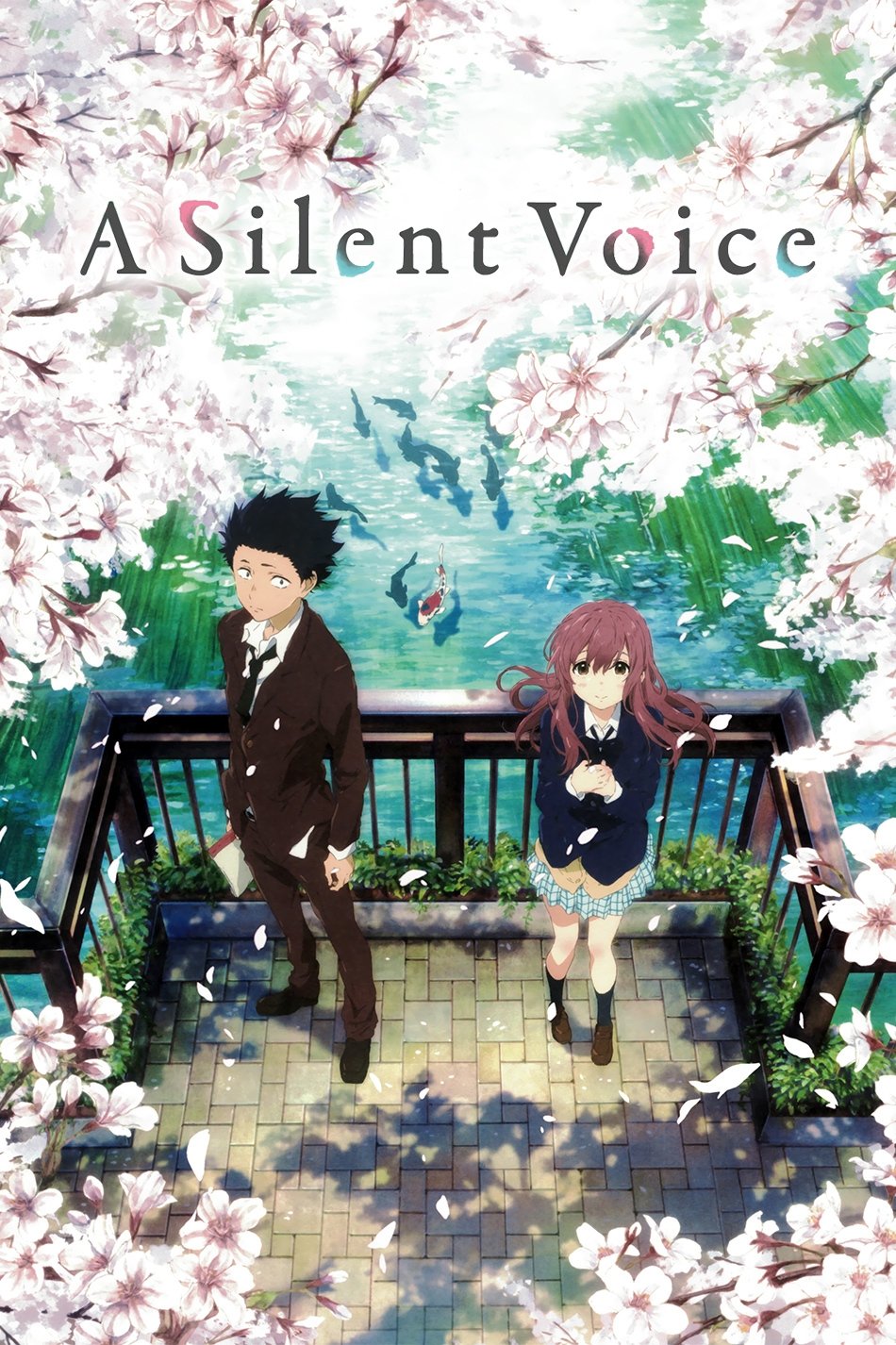
A Silent Voice - dir. Naoko Yamada
It struck me while watching this film how a sincere apology is one of the most powerful things in the world. It is so vulnerable, so achingly human, to regret a mistake, whether large or small, and seek to atone for it. And it’s less about receiving forgiveness from others and more about forgiving yourself.
This movie was deeply, deeply cathartic for me. I am Ishida, I did bully a kid when I was younger, and I’ve made many, many terrible mistakes since. I’ve spent so much time putting up blinders between myself and the world to try and mitigate any love that would come my way. I didn’t think I deserved it–I still don’t, but this movie’s warm afterglow had me crying with the realization that maybe I do.
You don’t often see films that humanize and empathize with people who have done wrong on such a level, and provide them with means to escape their self-imposed isolation. I can’t tell you how much it means to see something like this, how powerful that experience is. 8/10.
-
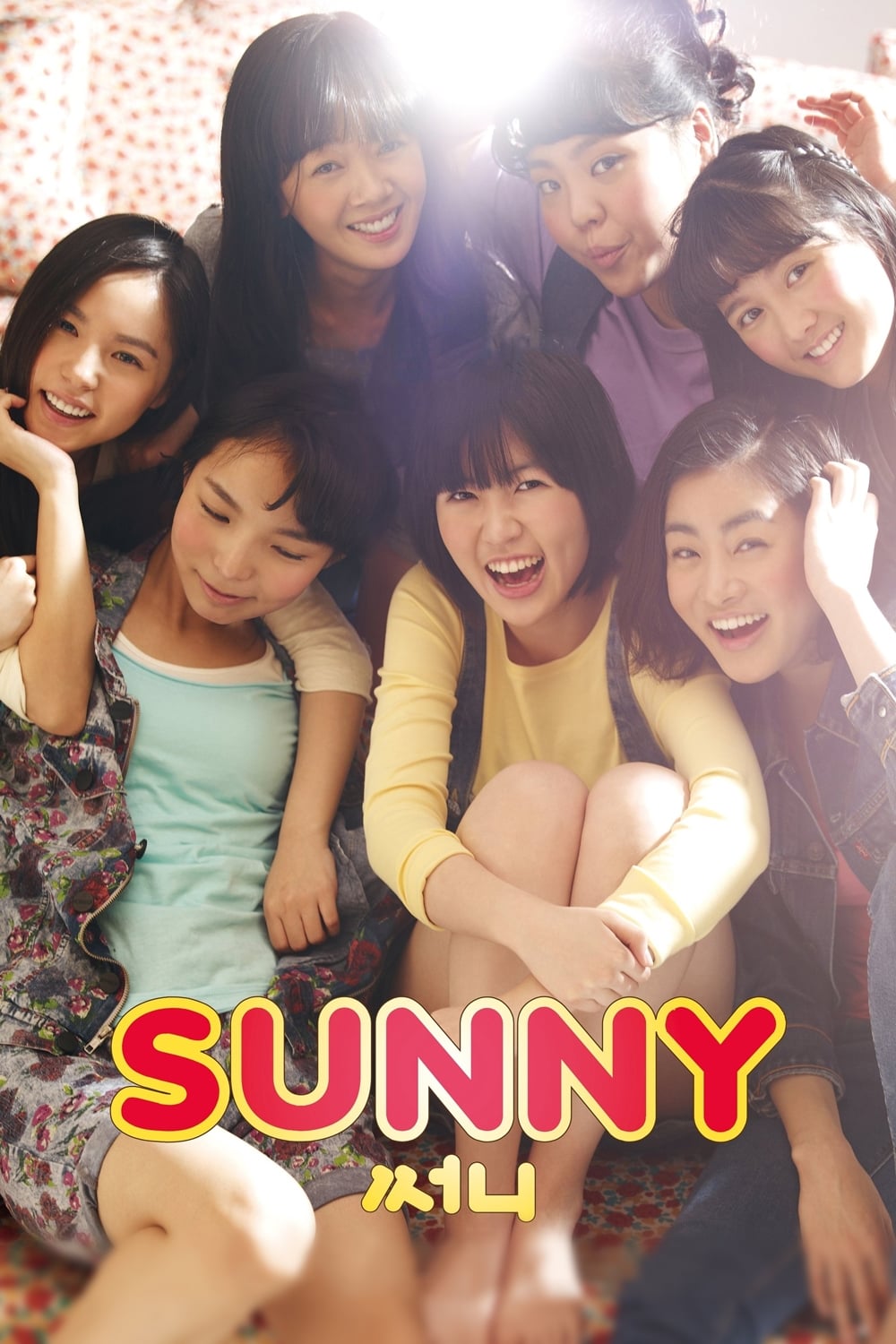
Sunny - dir. Kang Hyun-chul
Coming-of-Age/Dramedy
I’m on a serious mid streak unfortunately. I desperately wanted to like this. I just can’t deal with all the cliches and cloying sentimentality, especially when there’s nothing for me to latch onto aesthetically, since this is shot like a skincare commercial. 4/10.
-
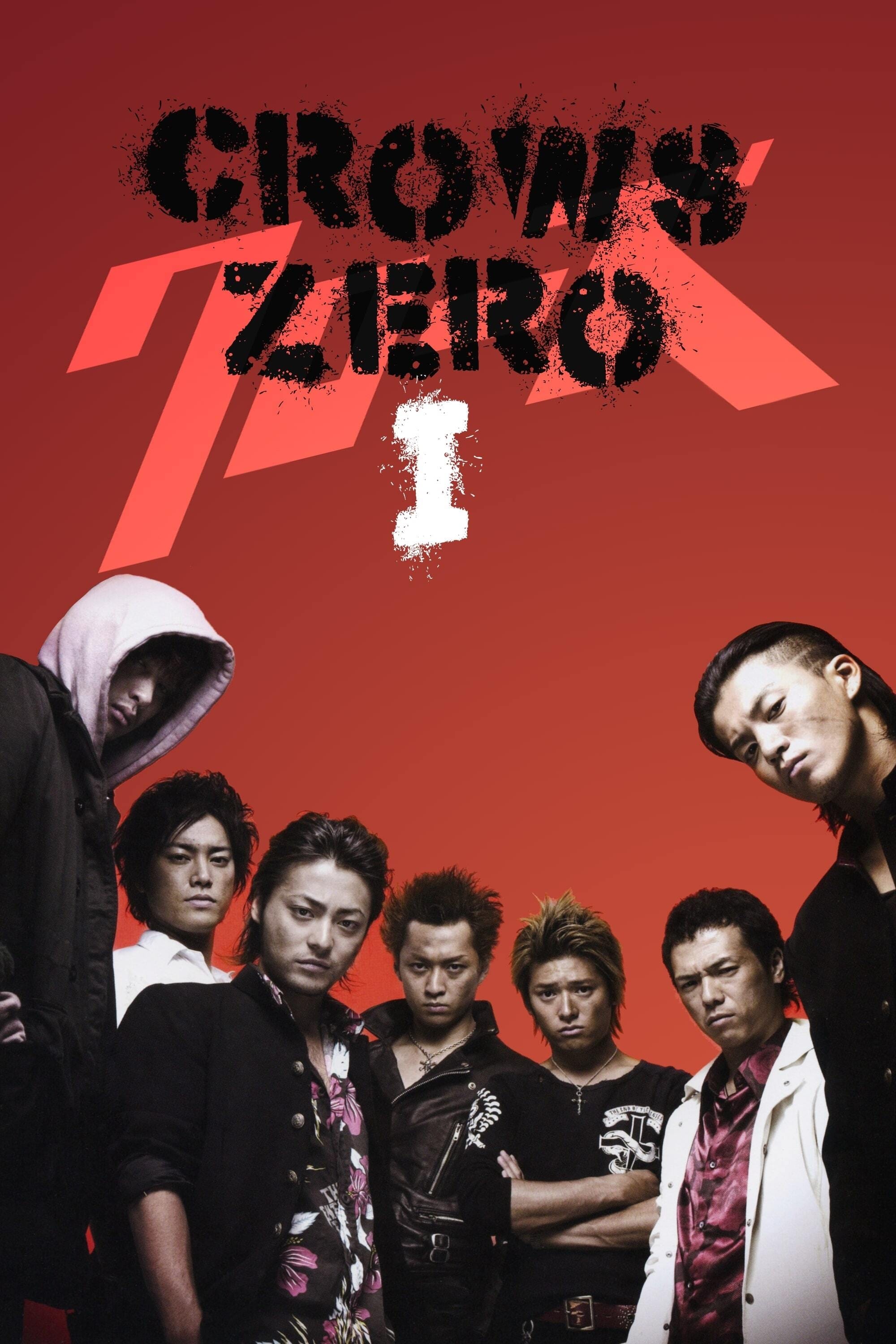
Crows Zero - dir. Takashi Miike
Action/Teen
A gauntlet of masculinity; boys fighting for a far-off, impossible dream of conquest and self-fulfillment. It’s got cool vibes but I wasn’t crazy about it. 6/10.
-
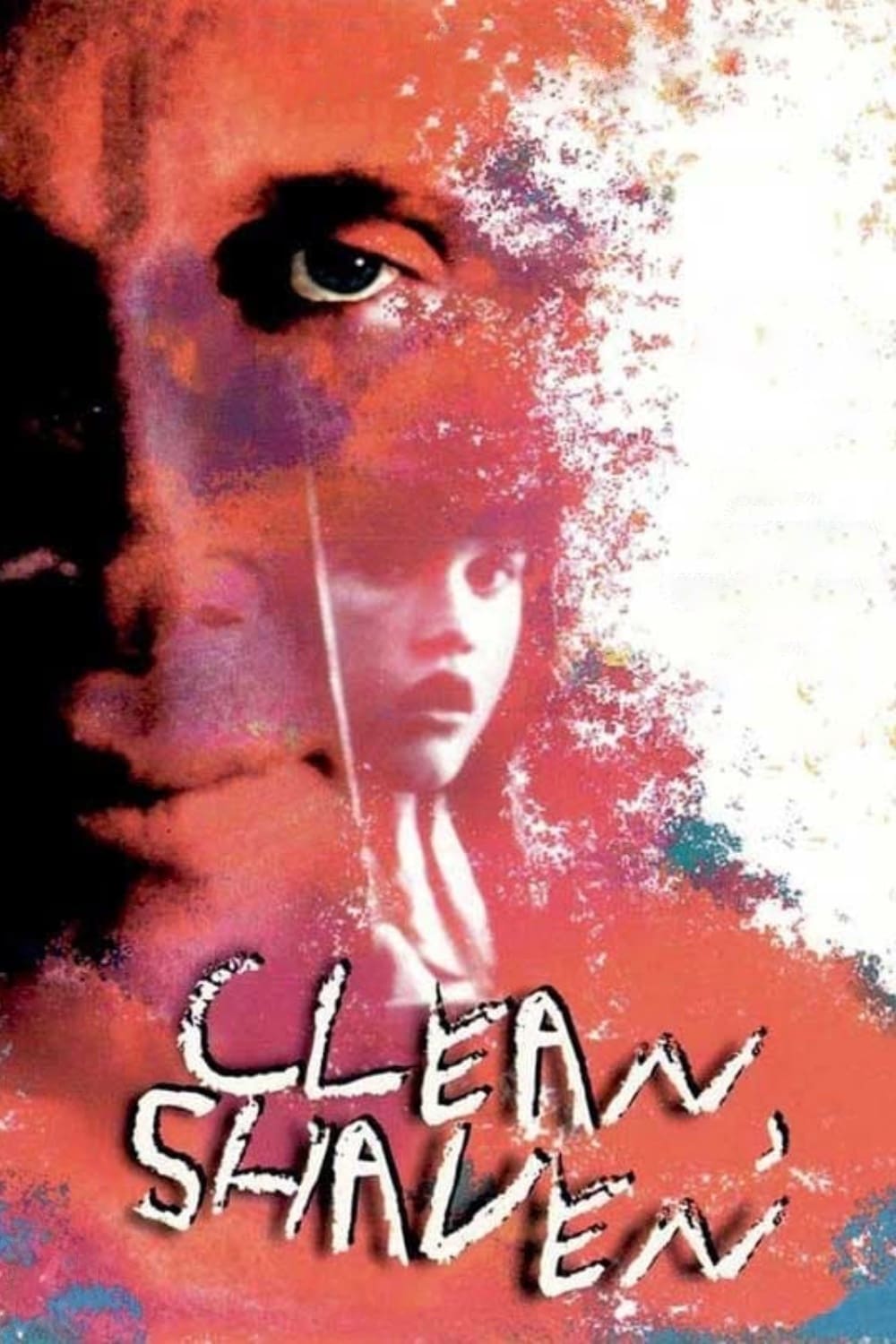
Clean, Shaven - dir. Lodge Kerrigan
Drama
Since I’m not schizophrenic I can’t speak to this film’s “accuracy” but it’s at least empathetic, and that makes a difference. It’s very grim, very convinced of its own drama, and yet not confident enough to commit fully to its character study, feeling the need to keep the audience engaged by dangling some pointless child murderer subplot that went nowhere and made me feel nothing. Julien Donkey-Boy is better as a character study of schizophrenia because it ONLY cares about its characters, where this feels like a film afraid of its own potential. 5/10.
-

Intimate Stories - dir. Carlos Sorín
Drama
Middling shots, middling characters, middling script. 4/10.
-
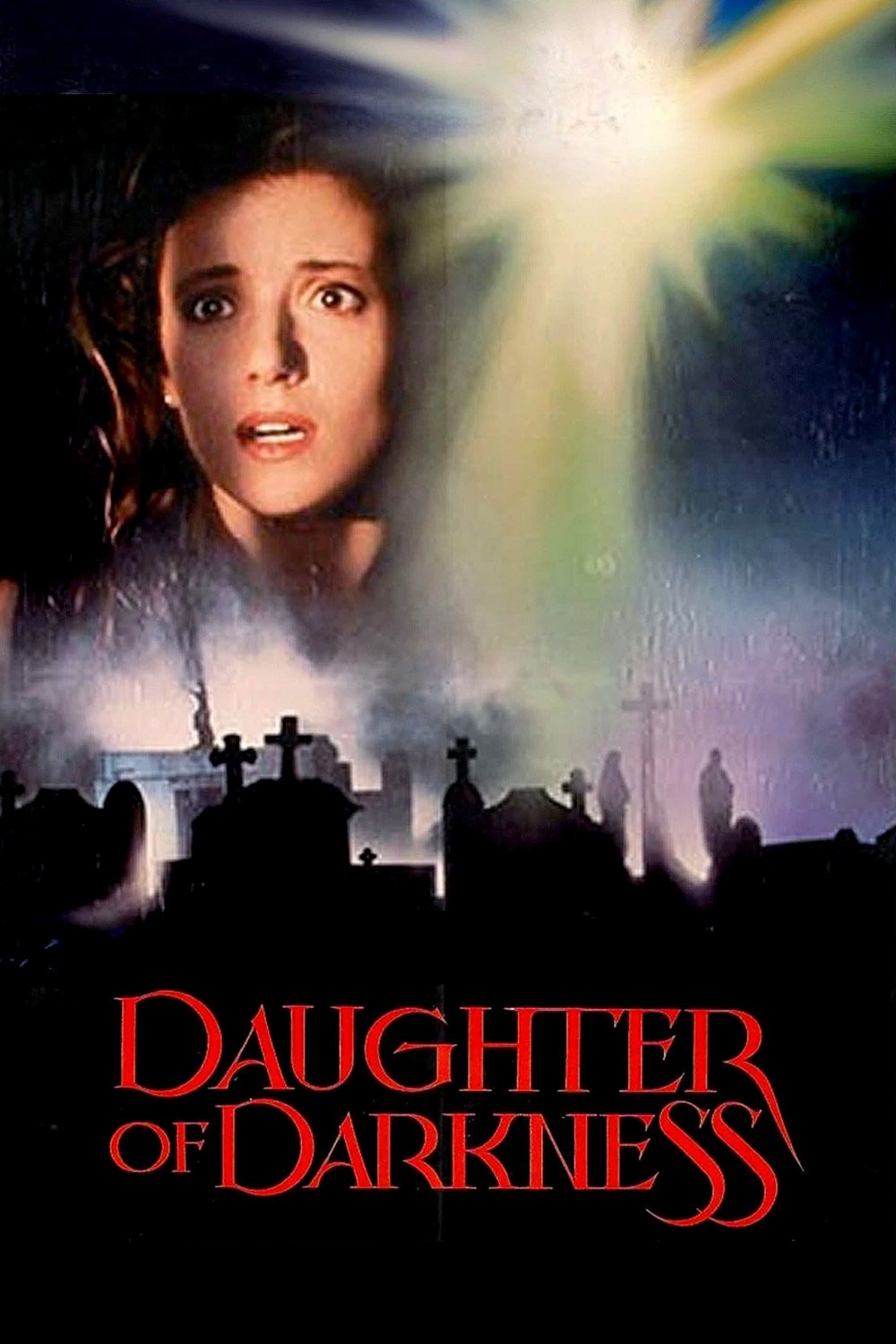
Daughter of Darkness - dir. Stuart Gordon
Vampire
The way every TV movie is unwatchable, visually pallid garbage must be studied. 3/10.
-

13 Assassins - dir. Takashi Miike
Samurai
How do you kill a system? Is it enough to simply kill its most vile figurehead? In 13 Assassins, the ending card is intended to convey this idea, that in the 23 years after the evil Lord Naritsugu’s death, enough discontent with the Shogunate system was stirred to cause full abolition and a transition into the Meiji period. I don’t know if I fully buy this narrative, but considering how badass the packaging is, I’ll let it slide.
This is a serious, SERIOUS return to form for Miike, though it has very little to do with his highly personal yakuza work in the late 90’s and his surreal ultraviolent horror in the 2000’s. It is violent, but far more palatable to a broad audience than something like Ichi the Killer. It’s probably the only Miike movie I would recommend to my mom, but that’s not an insult, it’s just a testament to his ability to navigate effortlessly through genre and presentation.
13 Assassins is highly individualistic. As aforementioned, it assigns the weight of Japan’s past and future to a singular psychopath, Lord Naritsugu, whose ascent to the Shogunate threatens to catapult a peaceful Japan back to war, and whose assassination has the power to secure lasting peace. It sanctifies the sacrifices of the samurai who gave their lives to stop a psychopath from destroying a nation, but it must be noted that the film does NOT sanctify the bushido code–our protagonists all notably disobey bushido at certain points, while the antagonists are samurai who obey bushido to a fault, using it to justify protecting their sadistic lord. 8/10.
-

Littlerock - dir. Mike Ott
Mumblecore
What a delicate film this is. Reminds me of what good mumblecore feels like; uncomfortable, immersive, authentic. Some scenes were precious pangs of melancholy, some were just… nauseatingly awkward to watch (in a good way).
Random metacommentary I noticed: I’ve watched almost exclusively Japanese films this last month and the first American film I enjoy in some time is about Japanese immigrants. 7/10.
-

Love & Pop - dir. Hideaki Anno
Experimental/Coming-of-Age
Youth is hard, growing up is hard, being a teenager is hard, figuring out what you want is hard, finding your place in the world is hard, keeping your friends is hard, sexuality is hard, making money is hard.
Hideaki Anno’s commitment to exploring nihilism through youth will never not be admirable to me, even if I feel he barely misses the mark most of the time. 7/10.
-

Harakiri - dir. Masaki Kobayashi
Japan’s rigid systems of honor are looked to in equal parts horror and admiration. We glorify the uncompromising bushido code as much as we fear it–Japanese tradition feels almost alien to us Westerners, but films like Harakiri make you realize that its implications are just as alien to Japanese people themselves. The film is a rejection of honor, a mirror held to the Japanese elite, who just like any other elite, designed these systems of honor to keep their subjects in line. It’s easier to control people when you assign them unbreakable values.
Harakiri is a film powered by fury at its nation’s outdated and false values, but the reason it registers internationally is because its themes and its message are universal. Japan is not the only country in the world with a culture that punishes the desolate and needy, it is not the only country in the world that uses men as weapons and disposes of them when they lose their value, and it is not the only country in the world that has social rules defined by whatever is most convenient for its elite. You don’t need to understand the ins and outs of bushido to understand that the austerity of the system is NOT your friend. 8/10.
-
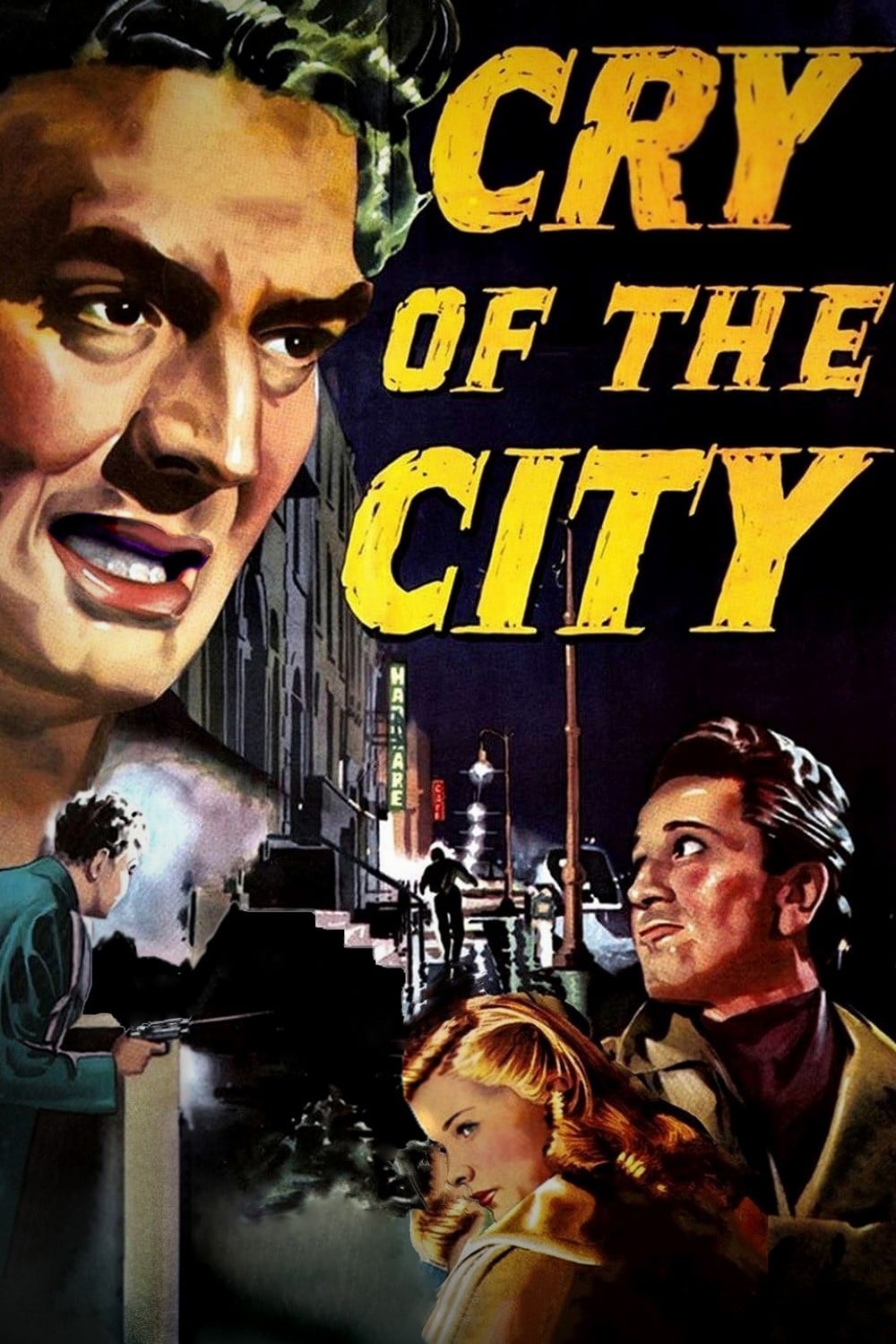
Cry of the City - dir. Robert Siodmak
Noir
Some people will deadass just give anything that came out before 1970 an automatic 3.5 stars lol
3/10.
-
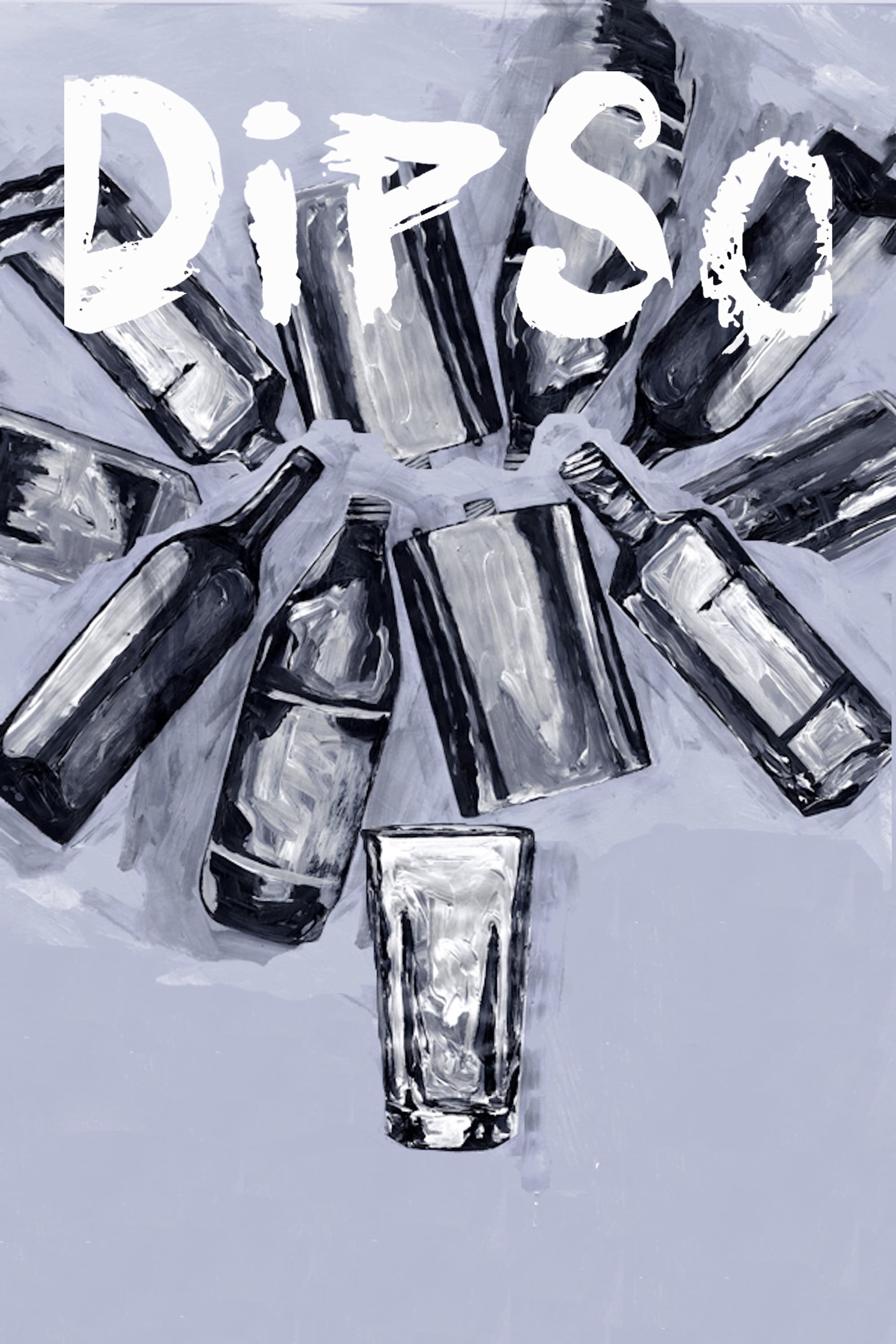
Dipso - dir. Theodore Collatos
Mumblecore
Just wasn’t crazy about the dialogue, which is what a movie like this relies on. 4/10.
-
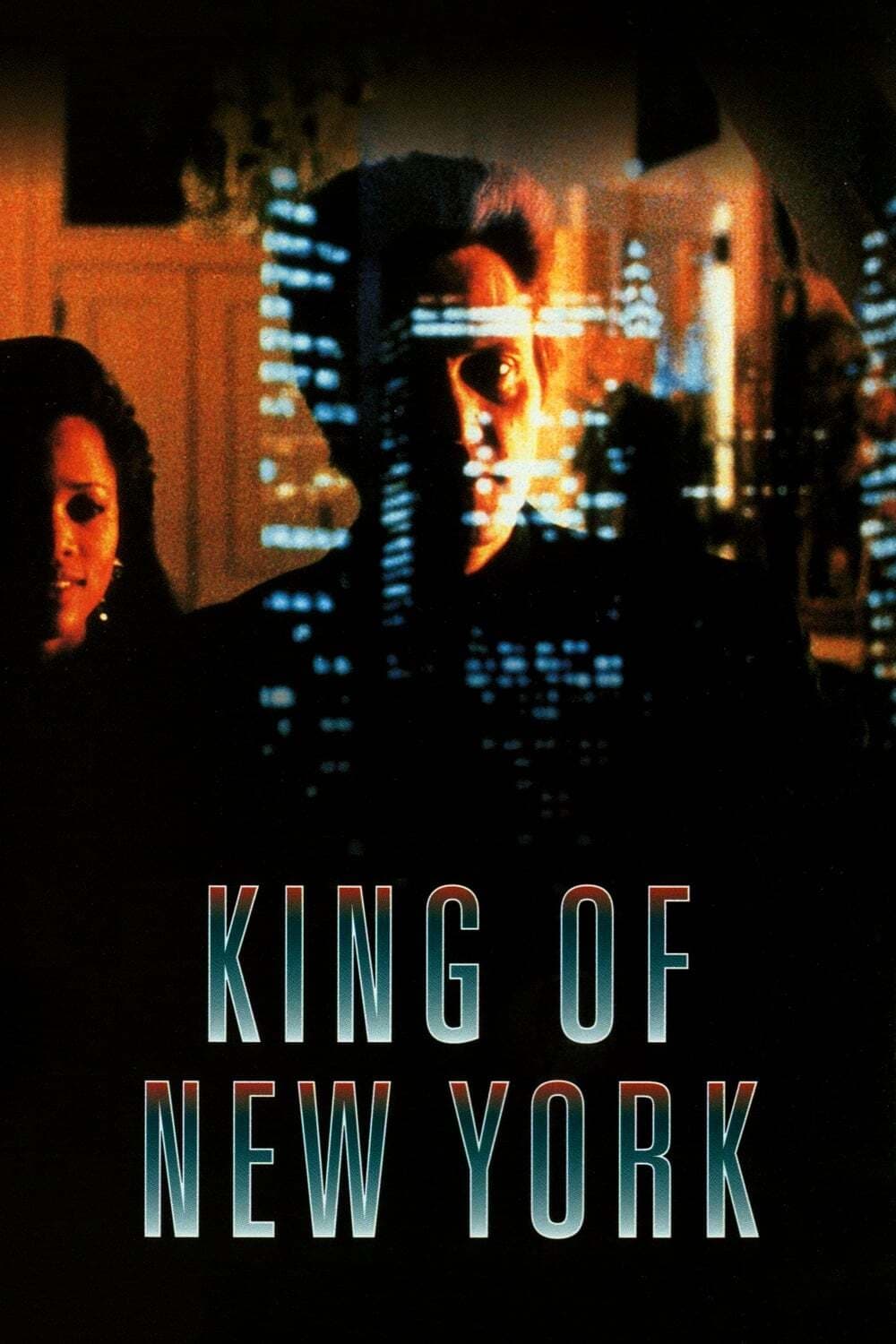
King of New York - dir. Abel Ferrara
Crime
Abel Ferrara paints a medieval, Marxist, blood-fueled, monetary mural of New York City, through the tinted windows of a limo driving in its ghettos. Kill or arrest all the drug lords you want, the city state is still built on greed and class warfare. The bourgeois liberal elite clap like seals for a hospital built on drug money in a moment of twisted irony, which this film is full of.
The king returns to life and looks at his kingdom as if he were an alien–everything’s different and it’s no longer his realm, not really. Try as he may to bend it back to his will, to undo the damage, he can’t, and won’t. 8/10.
-

Over Your Dead Body - dir. Takashi Miike
Horror
Unusually lifeless for a Miike film. 3/10.
-

4 Months, 3 Weeks, and 2 Days - dir. Cristian Mungiu
Drama
I preferred Never Rarely Sometimes Always but this is still very good. 7/10.
-

The Story of the Last Chrysanthemum - dir. Kenji Mizoguchi
Melodrama
A movie that I believe every man must watch to understand the amount of sacrifice society demands from women.
A movie that I believe every artist must watch as a reminder to always be humble, always thank those around you who inspire you to create every day.
A movie that I absolutely needed to watch at this point in my life.
I was tearing up at multiple points throughout the final act because of how catastrophic it felt watching the love dwindle and the bitterness take hold. A cynical film in that it views love as weaker than social customs–not even love can conquer patriarchy, sadly, and this is demonstrated by Kikunosuke leaving Otoku to die once he gets his glory. He may put up a fight, but at the end of the day, she’s served her purpose as a woman (to bolster her man) and thus she’s no longer worth fighting for.
The real tragedy is that Otoku doesn’t resist this at all. She’s willing to take these punches–and god knows there are many–and she’s willing to keep going for the sake of the man she loves. From birth she has been taught that her value is in her sacrifice, in how much of herself she’s willing to amputate.
What I find interesting is that Mizoguchi never gets close enough where we can see the actors’ faces. The audio quality is unfortunately outdated, too. So how can it be that this movie made me feel so much? I wonder if it has anything to do with the shot compositions, even the lighting in certain scenes. Towards the end of the film there’s a shot of Otoku sitting in the dark by herself and it legitimately brings me to the brink of tears just to think about. Mizoguchi communicates everything with broad brushstrokes that act as translucence to the little details.
-
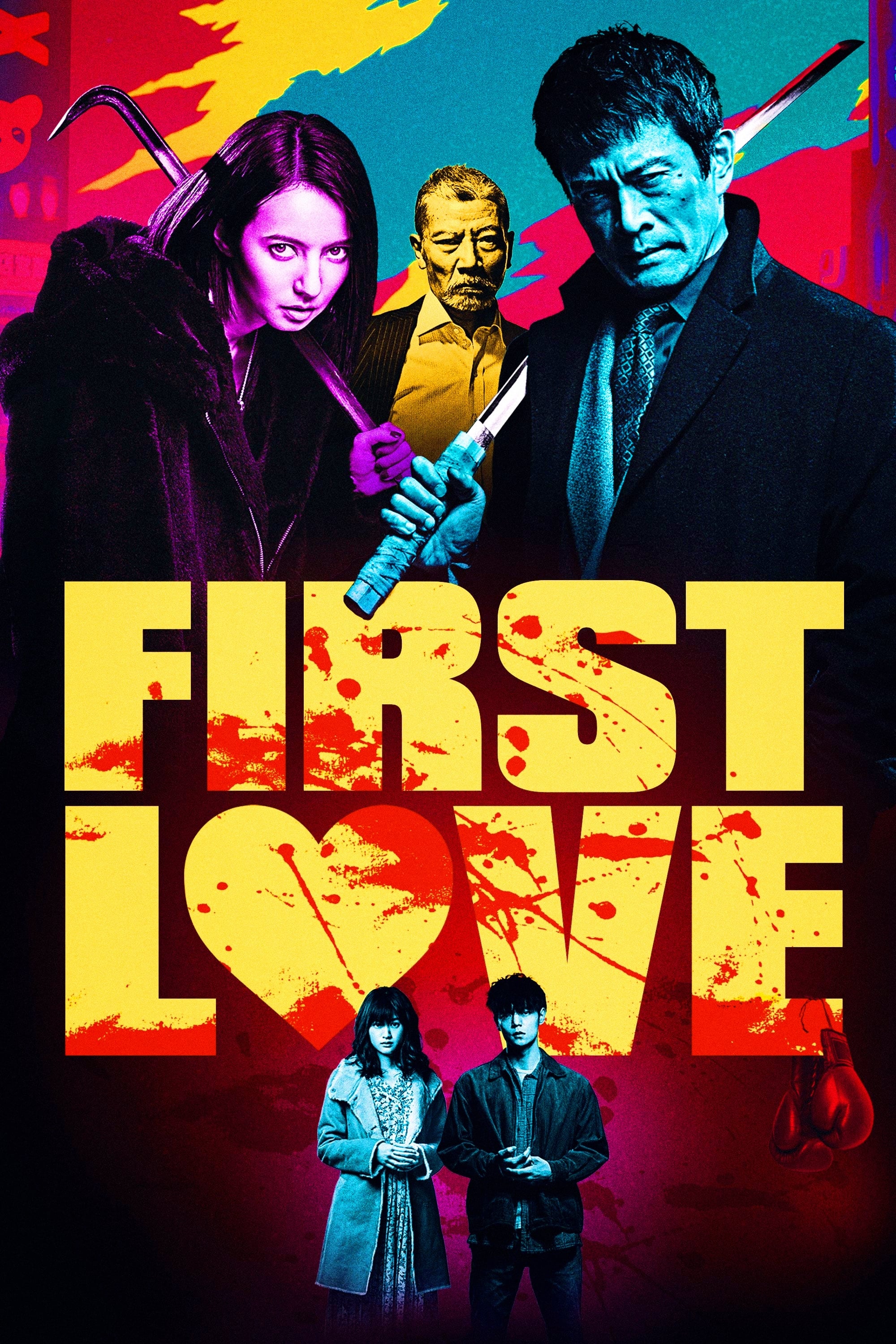
First Love - dir. Takashi Miike
Crime/Action
The last film I’ll be watching for my Takashi Miike binge.
It’s been a good ride, though I would take his work in the late 90’s and early 2000’s over any other era.
He is undoubtedly one of my favorite filmmakers of all time. Boundless creativity, ferocious cinematic language.
First Love feels like prestige television in presentation but there’s enough Miike surrealism to remind you of the master.
Pretty much none of his work post-Gozu affects me emotionally and that’s okay. As a filmmaker he was probably destined to go down the path of total cynicism. His early work is littered with it even if he used to wear his heart on his sleeve a lot more. 5/10.
-

The Hills Have Eyes - dir. Alexandre Aja
Horror
The first act is a terrific work of dread, but once the violence starts it loses steam fast.
Love the setting.
Love the atmosphere. 6/10.
-
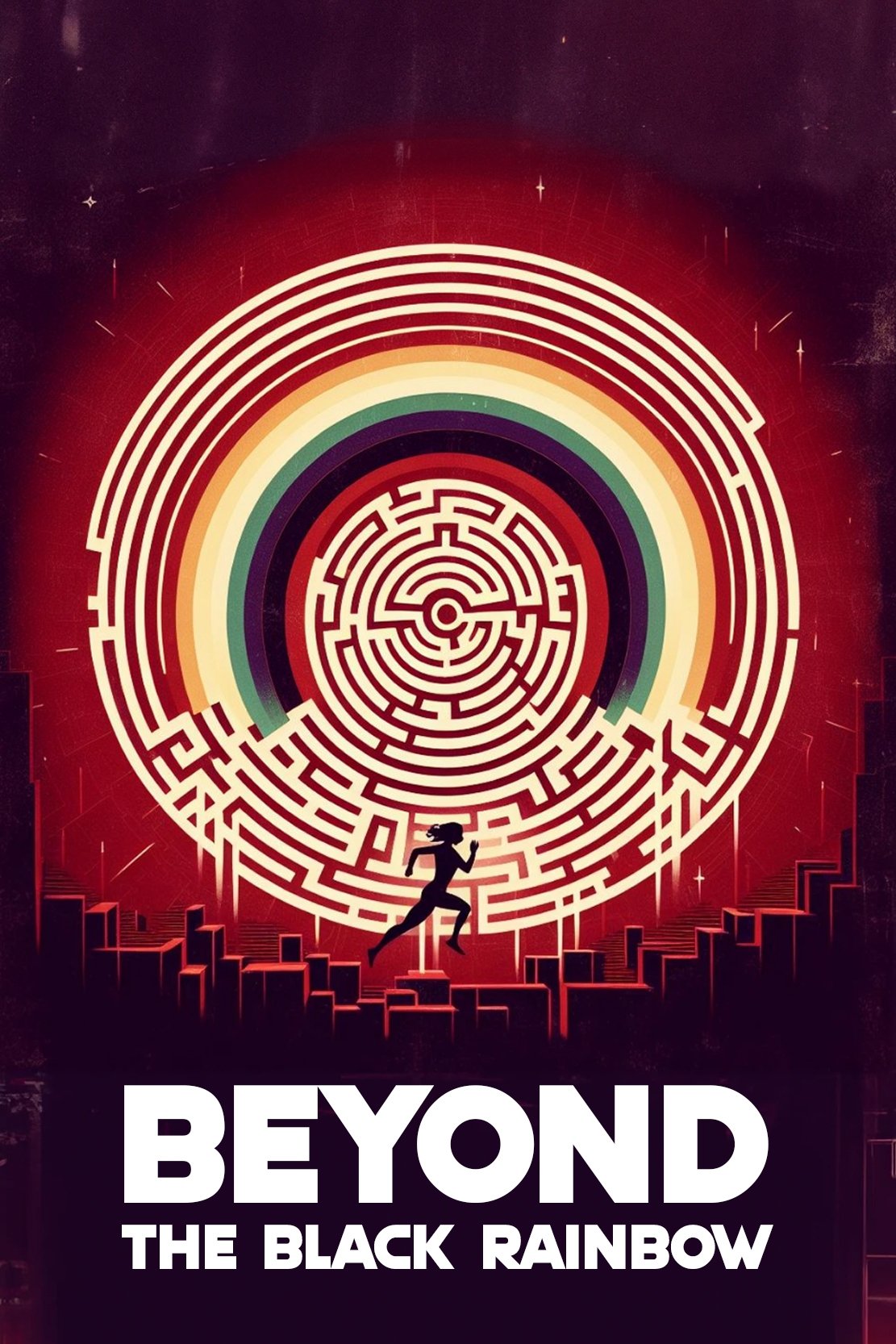
Beyond the Black Rainbow - dir. Panos Cosmatos
Sci-Fi/Psychedelic
Hack work. 3/10.
-
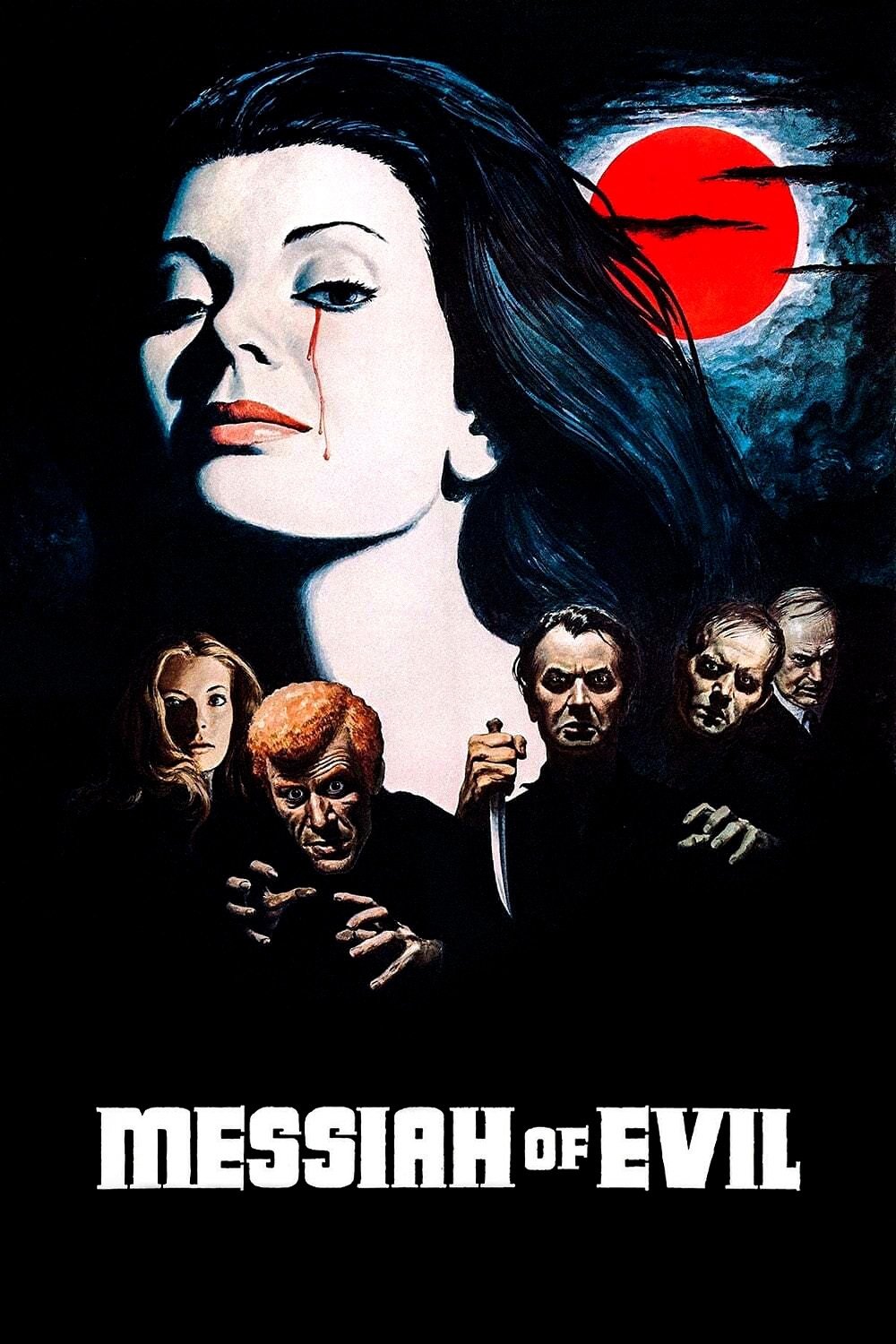
Messiah of Evil - dir. Willard Huyck, Gloria Katz
Psychedelic Horror
Snore. 3/10.
-
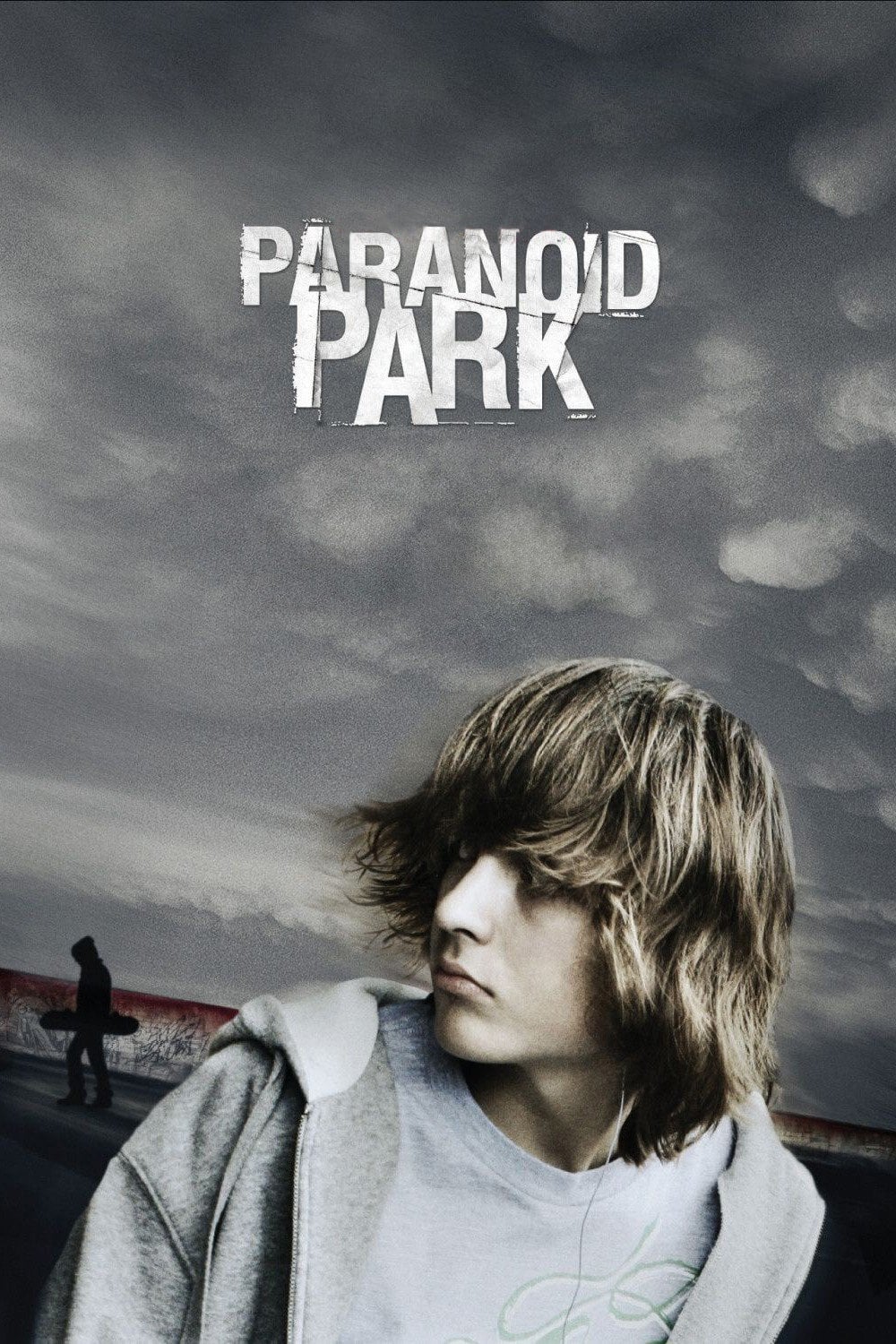
Paranoid Park - dir. Gus Van Sant
Coming-of-Age/Crime
Cut me deeper and deeper with every passing frame… Gus Van Sant is such an unbelievably visual storyteller.
Guilt is so intense. It takes over your entire life.
When I was 18 I cheated on my ex-girlfriend and I legitimately couldn’t sleep at night. I was having anxiety attacks regularly until I finally told her about it. It destroyed our relationship, of course, but without confessing, the guilt would have completely eviscerated me.
The weight of a deed can be so much greater than we think.
Unaddressed guilt is like a parasite that feasts on your soul until there’s nothing left.
Don’t let it fester. 8/10.
-

Greek Pete - dir. Andrew Haigh
Docufiction
Andrew Haigh’s earnest is present even in his debut film, but there’s something dull about this that I can’t put my finger on. 4/10.
-
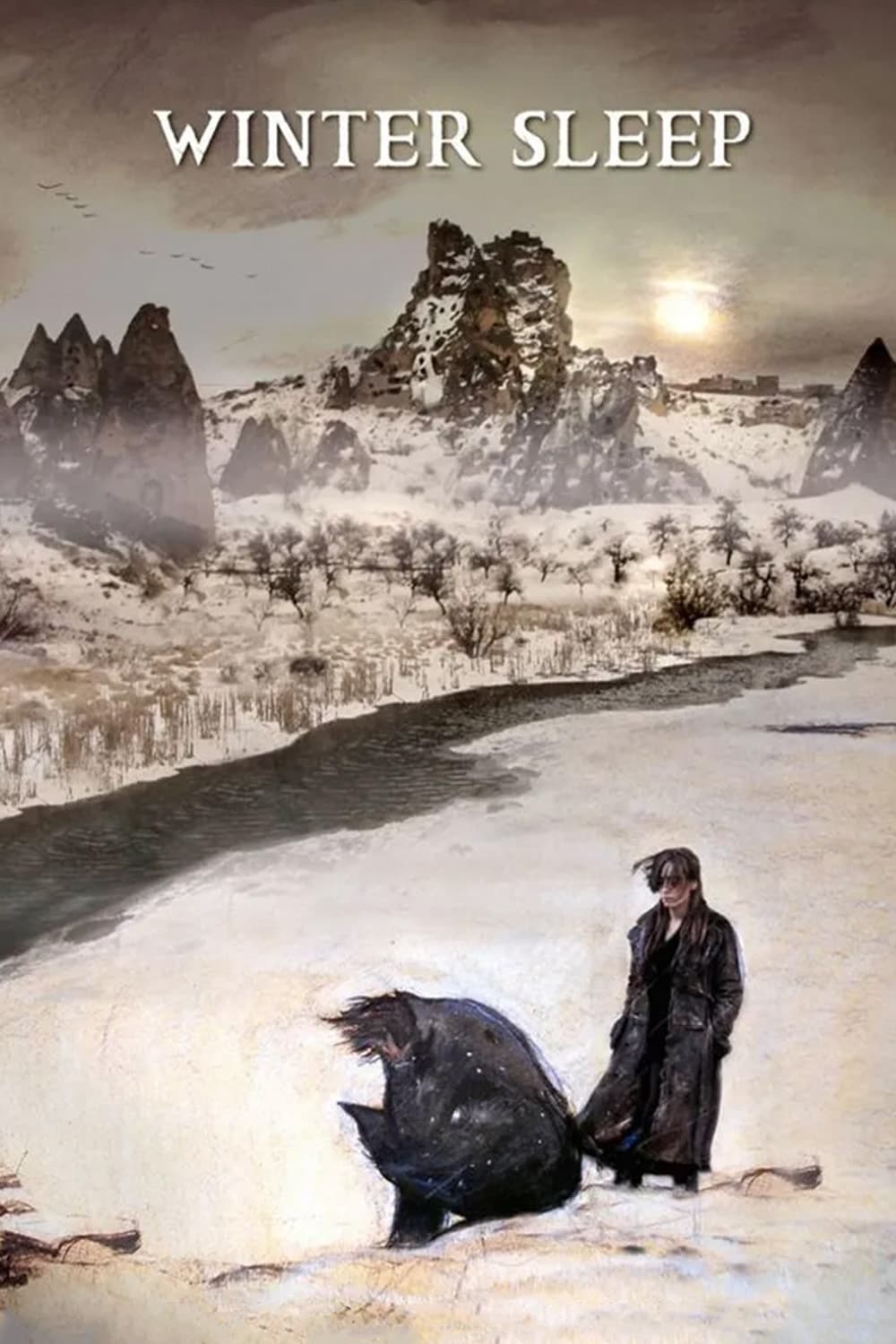
Winter Sleep - dir. Nuri Bilge Ceylan
Slow/Drama
The human soul at odds with itself; an honest reckoning of a lifetime. Inventorying the recesses of human nature.
For three hours I was absolutely entranced. Such psychological richness is obscenely difficult to maintain… a more shallow artist would lose sight of the mission before the end of the tunnel, but Winter Sleep keeps you rapt, its conversations fluid and transformative. The weight of a human existence keeps these characters trapped in their contradictions like a morning fog that never lifts.
The road to Hell is paved with good intentions.
We are so good at deluding ourselves, aren’t we? Hypocrisy is maybe the most human trait of all, the desire to create a narrative around one’s discrepancies.
Heavy is the head that wears the crown. Swollen pride and egoism. Honestly one of the best films to interrogate the condescending politics of liberalism.
A cold existential blanket. 9/10.
-

Groundhog Day - dir. Harold Ramis
RomCom/Fantasy
Since I don’t have much to say about the film itself, here’s a list of things I would do if I were stuck in a Groundhog Day scenario:
-Fuck everybody mom no exceptions -Learn how to play guitar -Kill myself a few times for sure -Complete my watchlist, 100% every director that I like -Catch up on music, listen to my back catalog -Read a lot -Figure out how to outsmart OCD (I could probably do it after like 50 years) -Eat a lot of unhealthy shit -Sex -Learn how to play bass -Learn how to play piano -Learn how to play drums -Master Chess (this would be after about a 100 years, probably) -Write a few screenplays in my head? -Maybe try mastering some sports that don’t require much muscle mass so that working out over time isn’t a factor of improvement as much as coordination and dexterity -Learn selflessness, learn to let go of pride and ego, become a more well-rounded person and learn to approach the world with kindness and gratitude. Affirm life and win big
6/10.
-
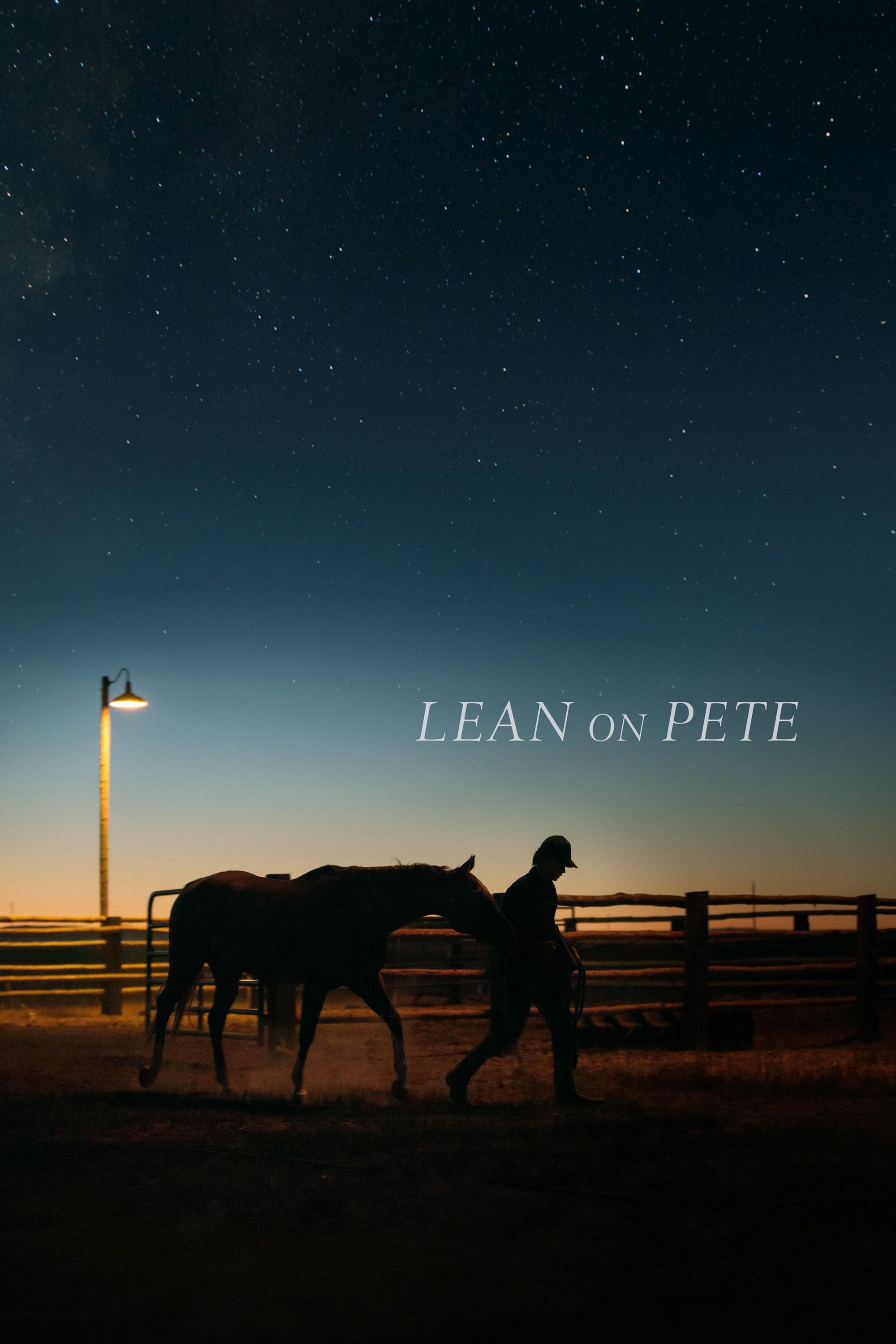
Lean on Pete - dir. Andrew Haigh
Road/Coming-of-Age
Andrew Haigh has only made one good movie. 4/10.
-
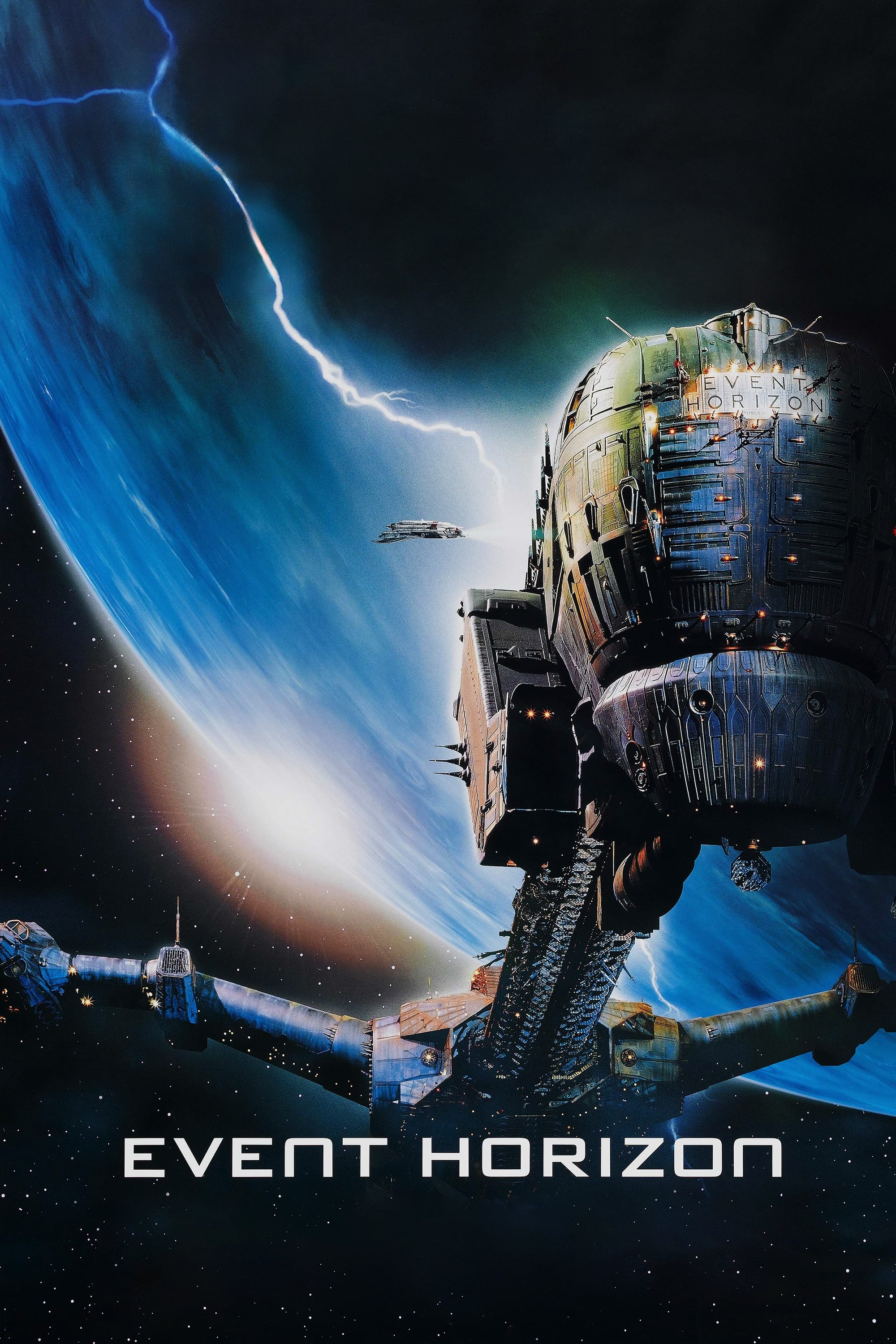
Event Horizon - dir. Paul W.S. Anderson
A phenomenal genre film, exactly what I wanted it to be. I think if you dislike this you might just hate sci-fi, not gonna lie. I miss when the genre was consistently fun, spooky, and interesting instead of sleek and stupid. To date Kubrick is the only person to ever make sleek sci-fi work.
Very much excited to watch PWSA’s other work. The Resident Evil series intrigues me.
-
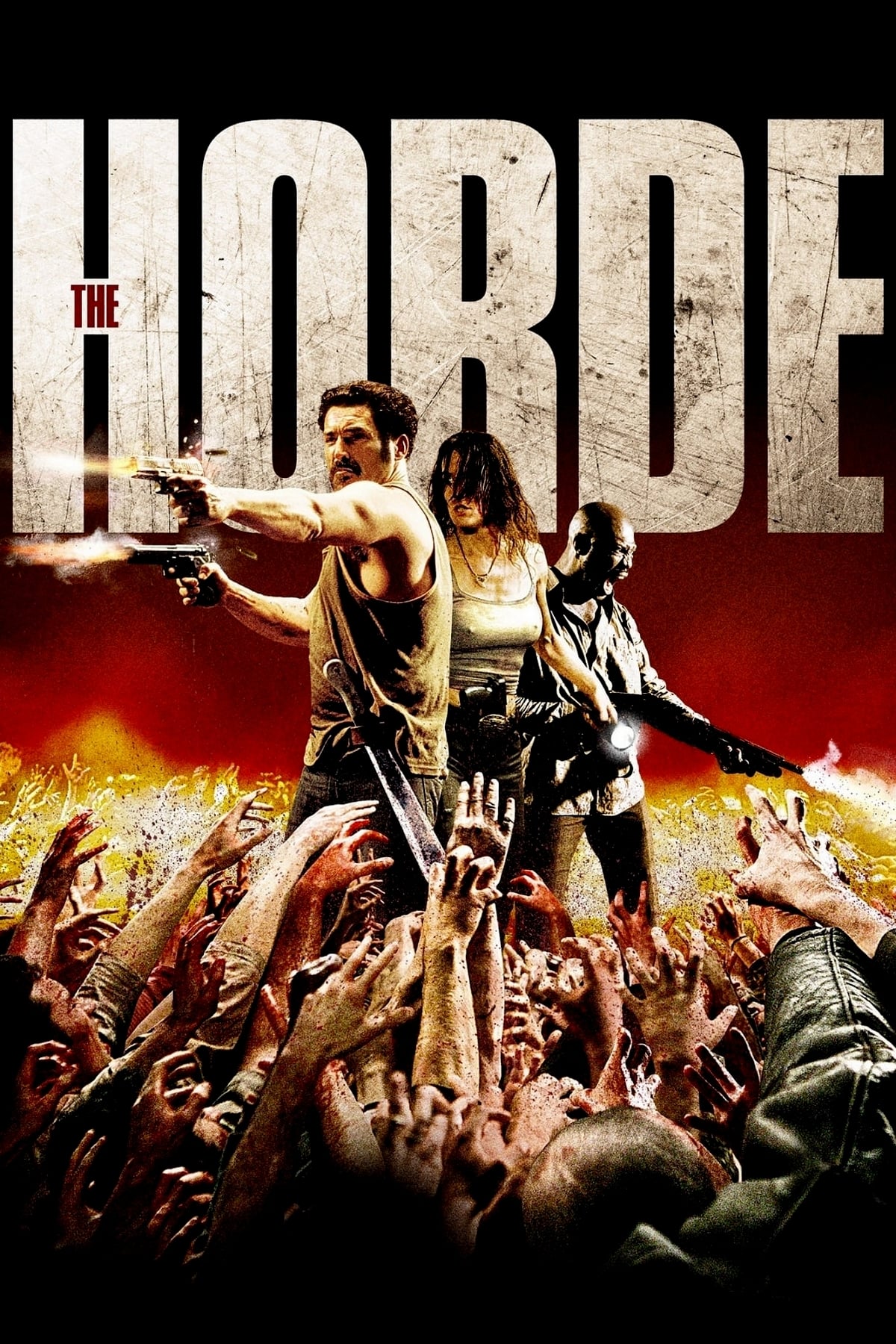
The Horde - dir. Yannick Dahan, Benjamin Rocher
Very much a video game movie.
Not a bad thing at all. 6/10.
-
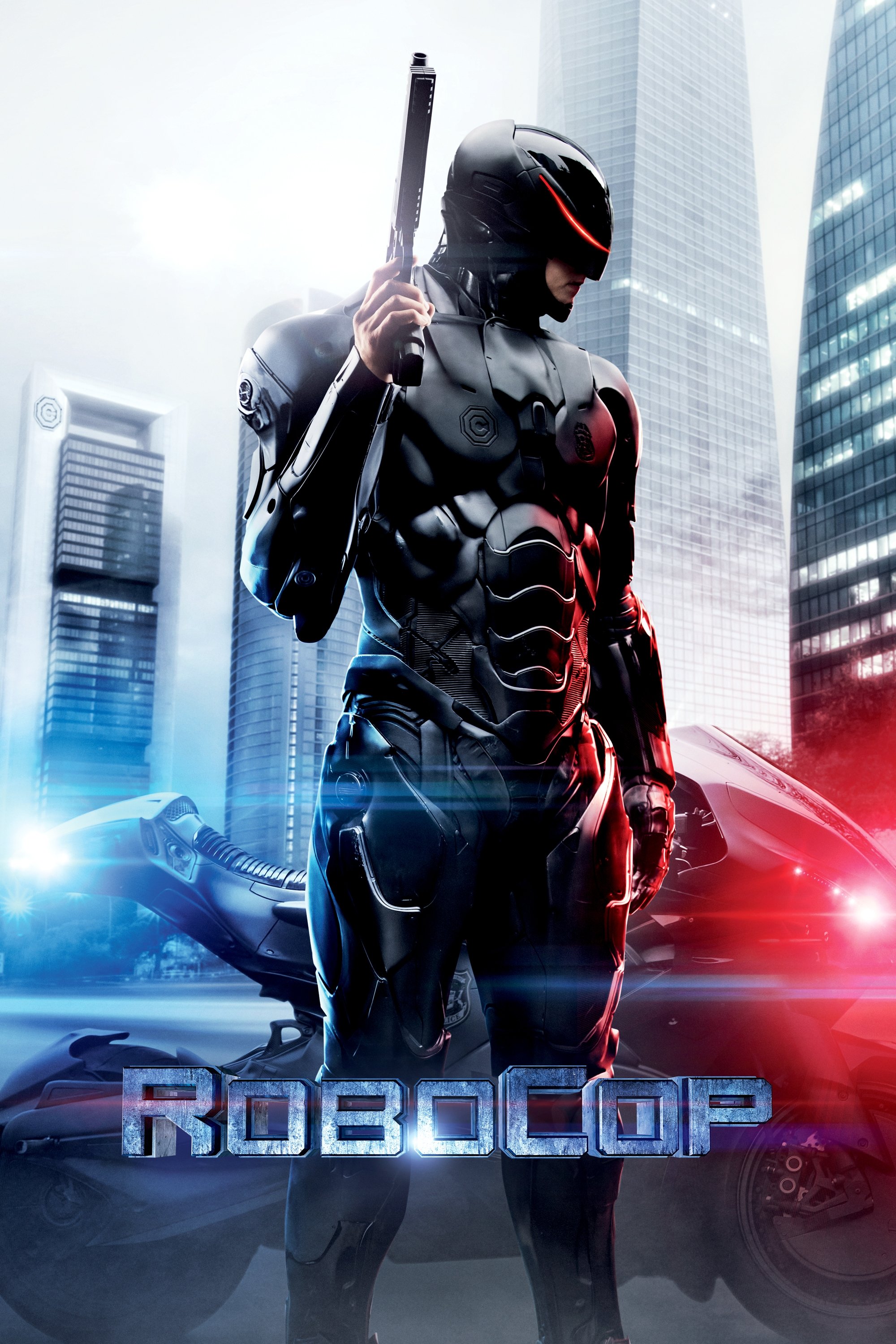
RoboCop - dir. José Padilha
Sci-Fi/Action
Jose Padilha is one of the best Brazilian filmmakers, so out of my desire to complete his feature narrative filmography, I had to check this one out. I was really hoping that maybe it was one of those cases where “nobody got it” and this was a hidden vulgar auteurist gem, but given what Padilha has said about his decision to direct this film, I don’t think there’s any auteurism here at all–it’s purely corporate. It just makes no sense. 2/10.
-
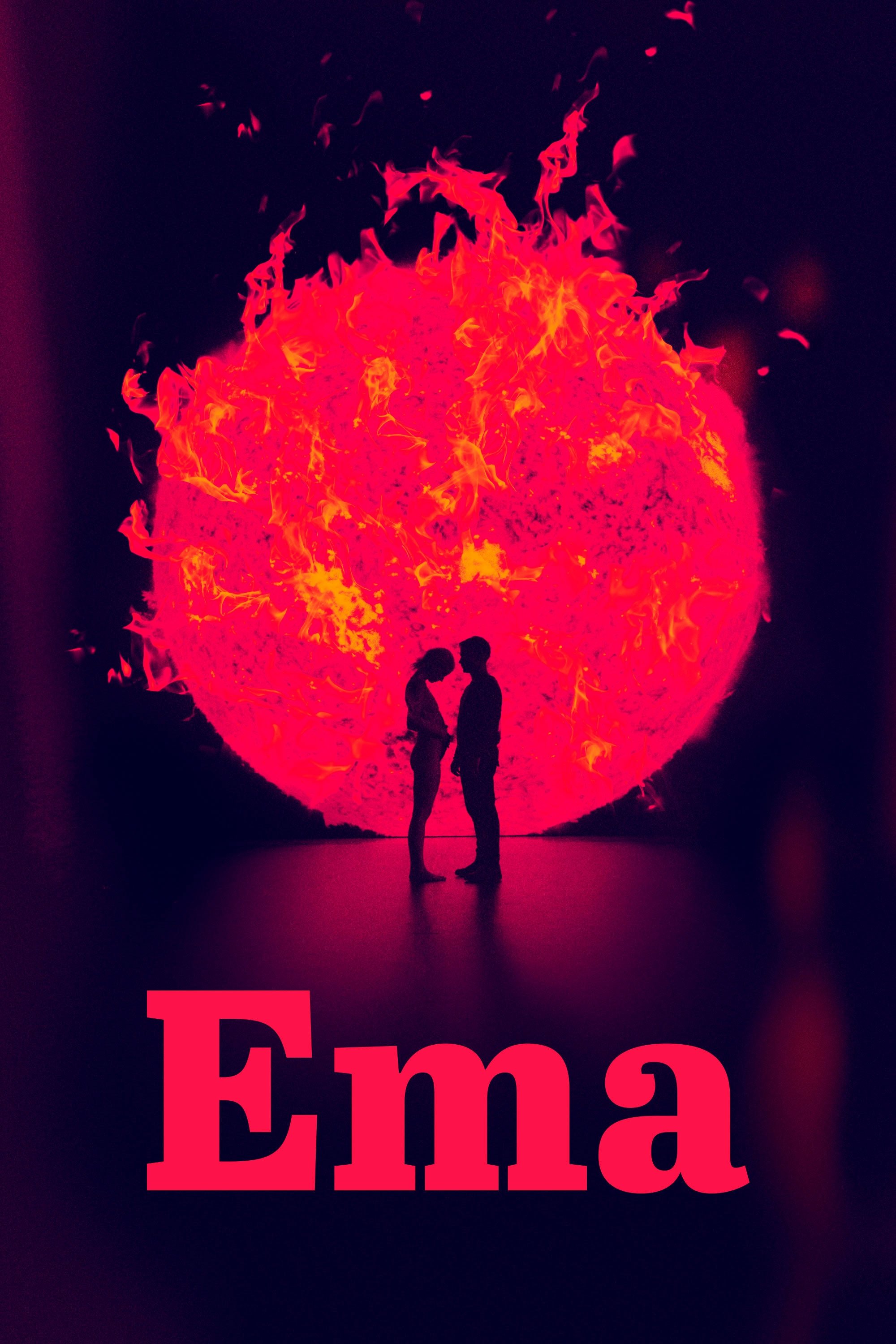
Ema - dir. Pablo Larraín
Drama
Hmm. 4/10.
-

Out of the Blue - dir. Dennis Hopper
Death of the American working class family represented by the wreckage of a truck by the side of the road being engulfed with flames. Broken souls and broken dreams communicated in a filthy, raw Dennis Hopper style that feels like a spiritual successor to Easy Rider in so many ways.
One of the most uncomfortable movies I’ve seen in a minute. 8/10.
-
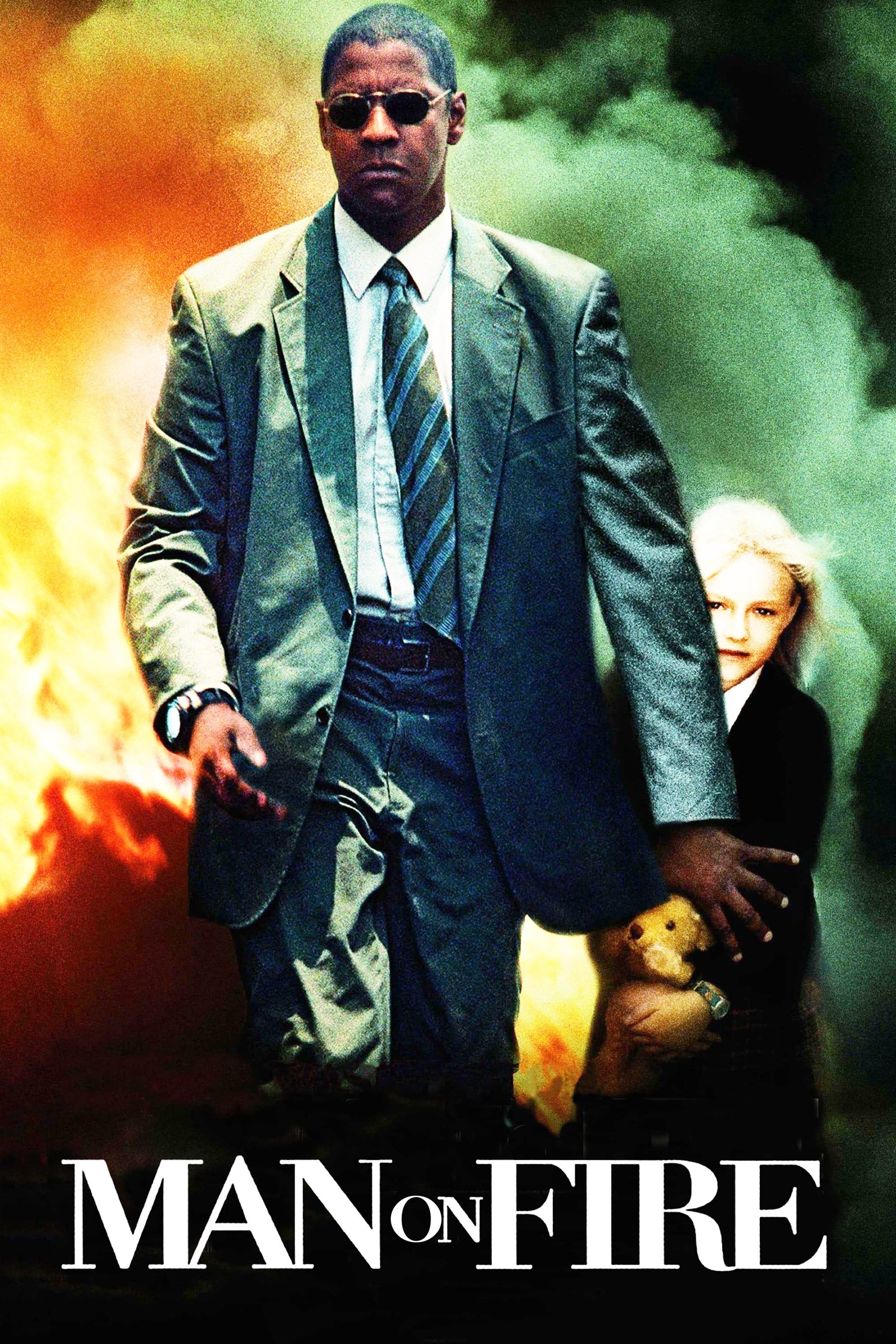
Man on Fire - dir. Tony Scott
I am such a whore for this impressionistic, saturated approach to filmmaking. Late style Tony Scott is legitimately fucking top-notch. I could easily watch like 500 more movies like this. It’s like fucking candy man. I need it pumped straight into my arteries.
I have come to believe that all men seek redemption. It may be bathed in sweat or in fire, but every man seeks it. Not every man finds it, certainly–some sins are too grievous for God to forgive, but maybe if you can find something to protect and fight for, you can come closer to the ever reclusive final redemption. It’s why so many of us fantasize about sacrificing our lives or protecting our loved ones–the desire to toss ourselves in front of a bullet is bred into us from the onset of our existence. That’s why there are so many films about tough guys with murky pasts bonding with kids. The kids represent our innocence, and the trope represents our need to reclaim it.
That’s what I believe redemption is, in a sense, right? If you commit a moral failure, and you recognize it was a moral failure, the recourse is to face punishment, and through punishment, to be forgiven… to become innocent. 10/10.
-
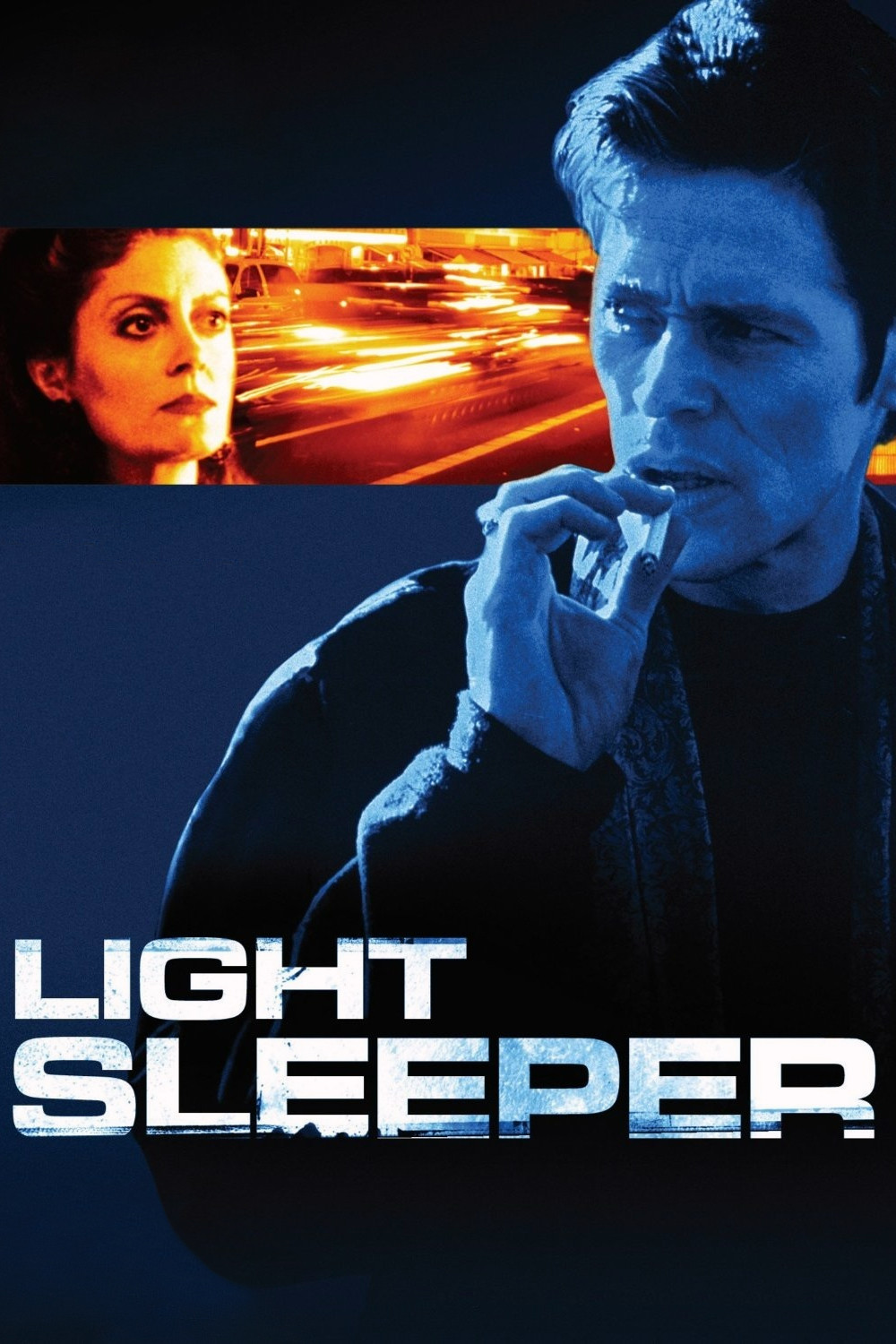
Light Sleeper - dir. Paul Schrader
I’m lost, man. I’m lost and I don’t know what to do or where I’m going. Light Sleeper is about that. It’s about being lost. But I guess that’s pretty vague. Going into this film, I was familiar with Schrader’s principles of screenwriting. As a writer myself I’ve watched videos about his approach of putting his personal crises through metaphors. Taxi Driver was a metaphor for his loneliness… I think Light Sleeper is something of a midlife crisis. It’s so reminiscent to Taxi Driver in that it’s about a lost soul trying to do good in a world that feels so bad.
It’s a mood piece, certainly… the plot is barebones. You either enjoy seeing Willem Dafoe wander the nocturnal cityscape with a forlorn look in his eye while melancholy rock music plays or you don’t.
Something about this film doesn’t really leave my thoughts. I guess it’s because Schrader’s characters find themselves in constant battle with themselves and their morality. I relate to that. I feel like I am at odds with myself at all times. I argue with everybody, but most of all I argue with myself. Am I a good person? How do I become a good person. I truly don’t know. Light Sleeper’s ending suggests that facing penance is the way out of purgatory but I don’t know. I think it might be more suggestive of something cyclical. LeTour doesn’t seem to be happy, or changed… just ready to start it all over again after he gets out. Is that all there is? Just meaningless repeats, attempts to break patterns, failure?
Maybe not. Maybe there is something to the emotional quasi-odyssey LeTour undergoes. Maybe the fact that he tries his best matters, a little bit. 8/10.